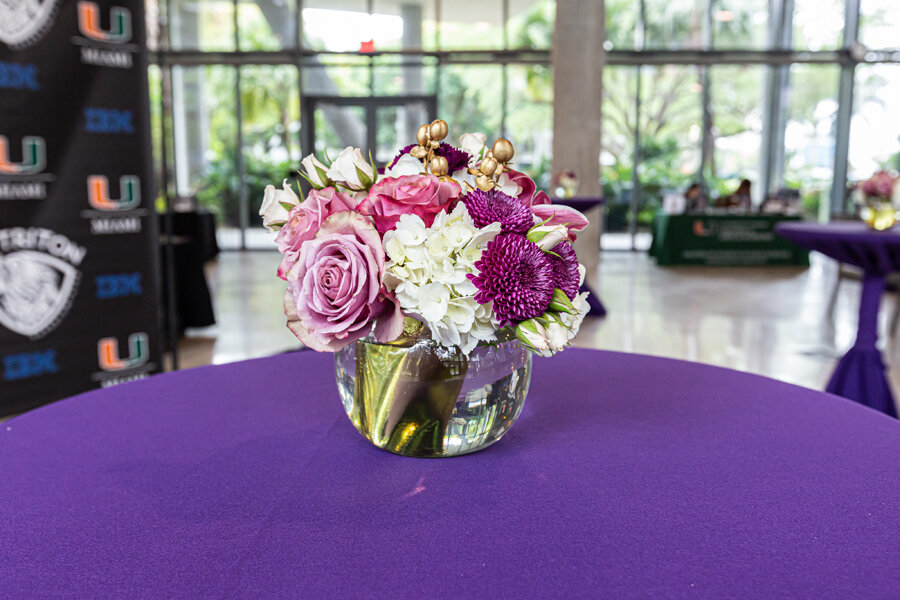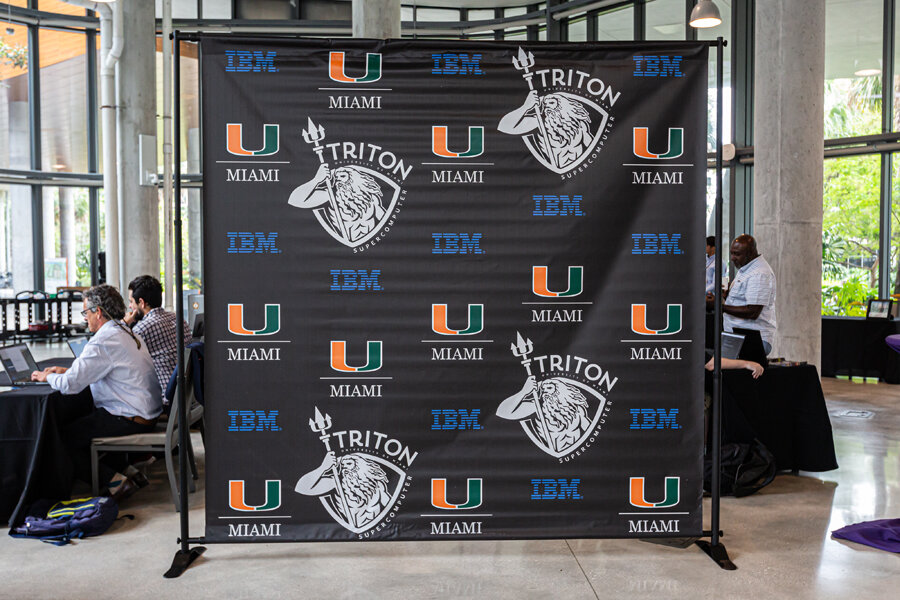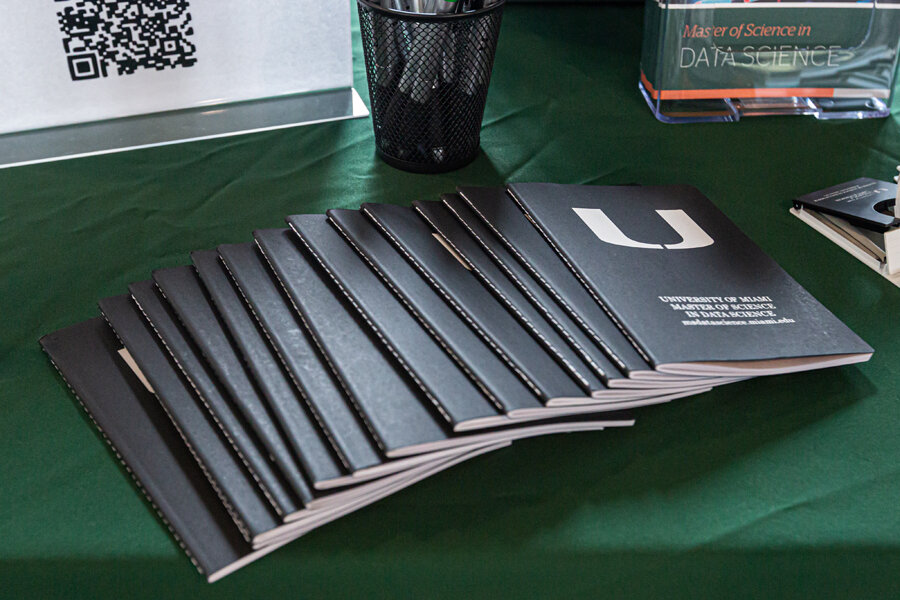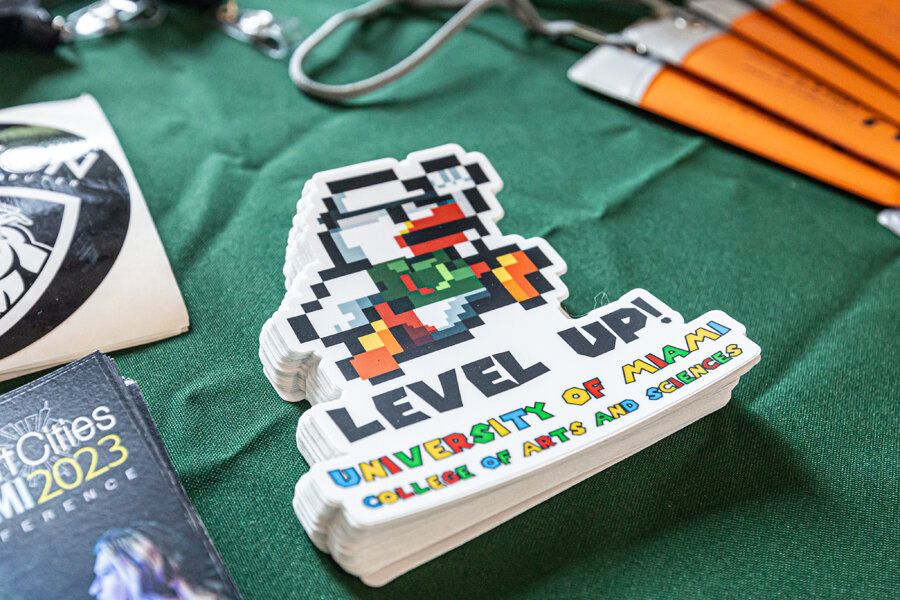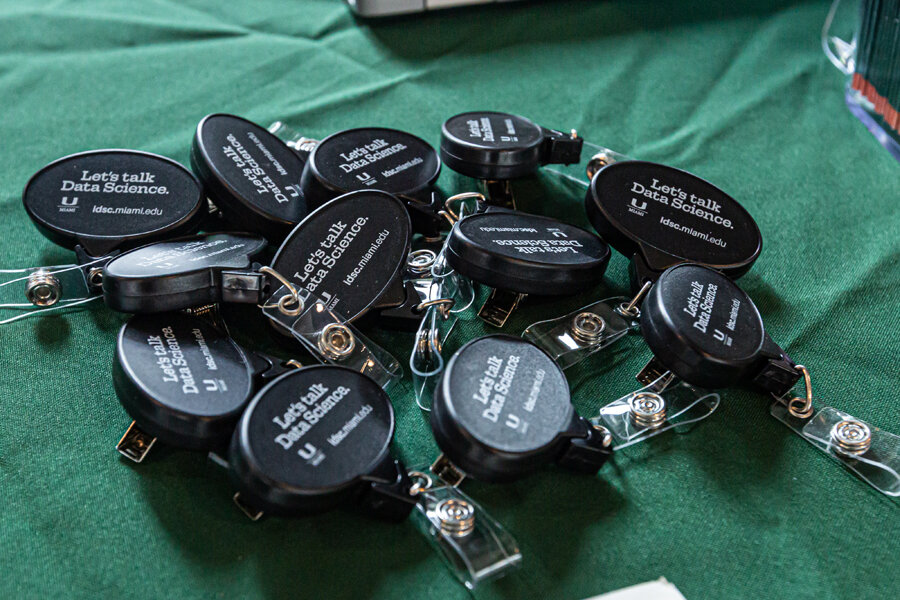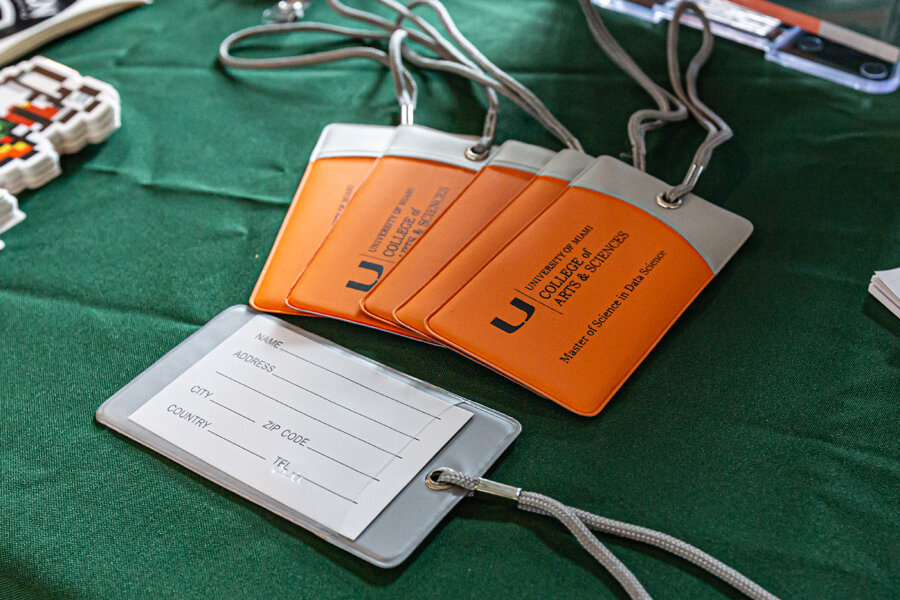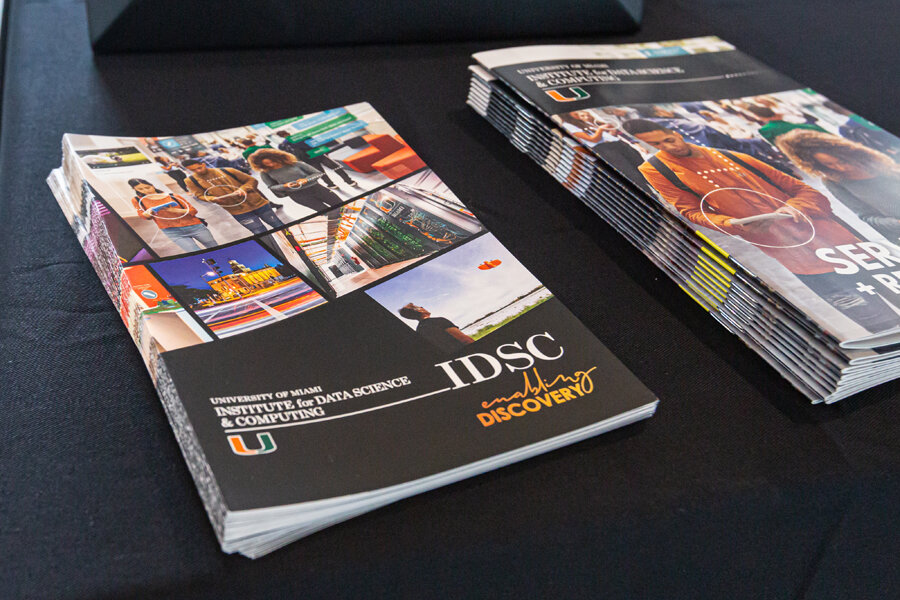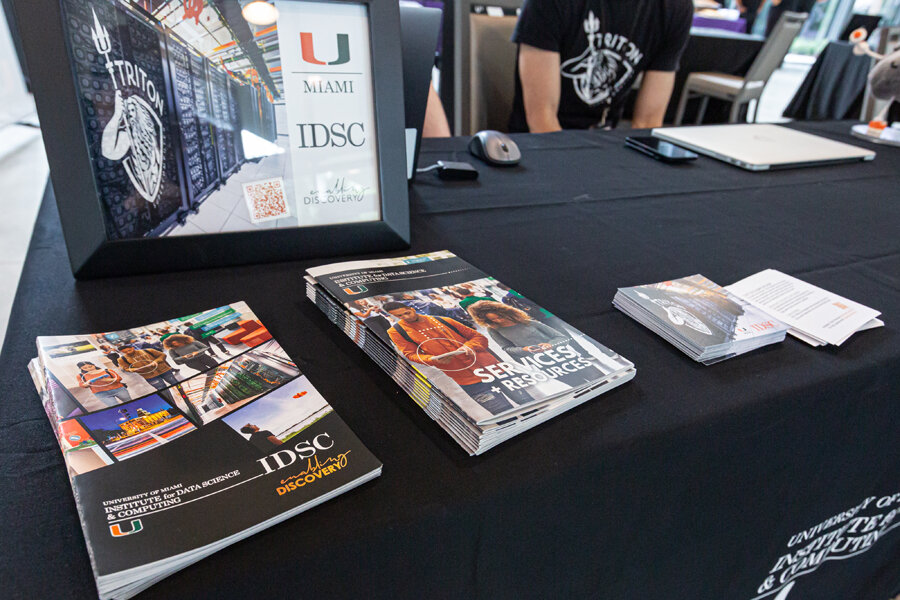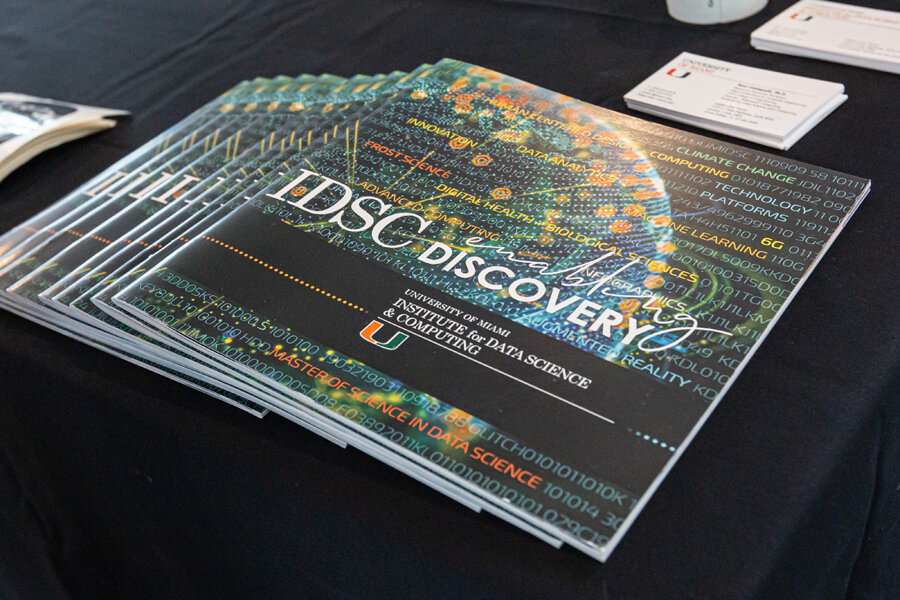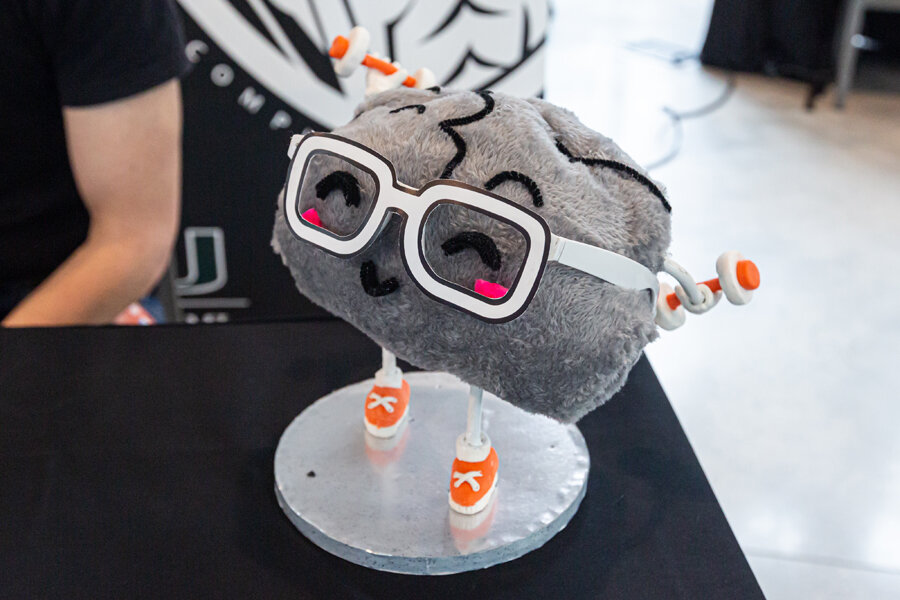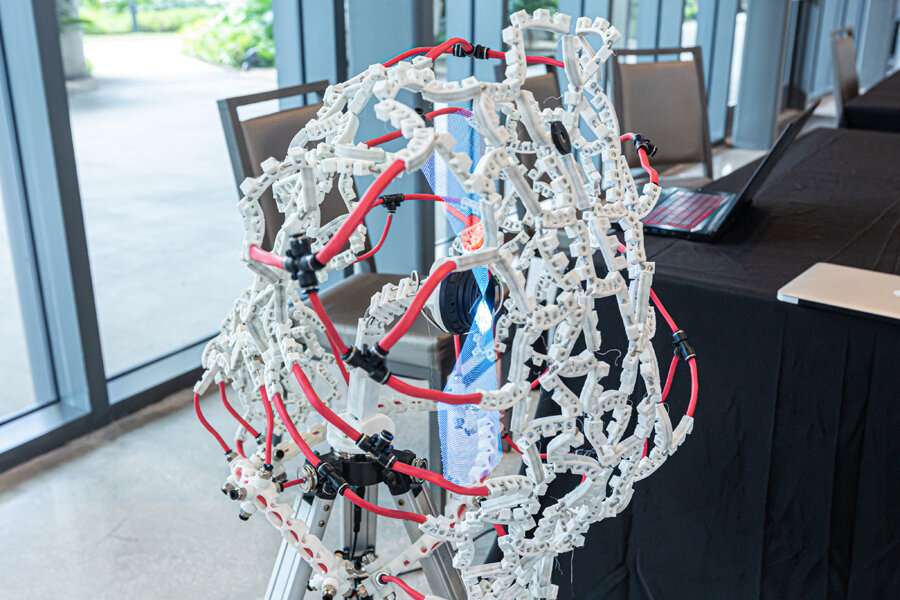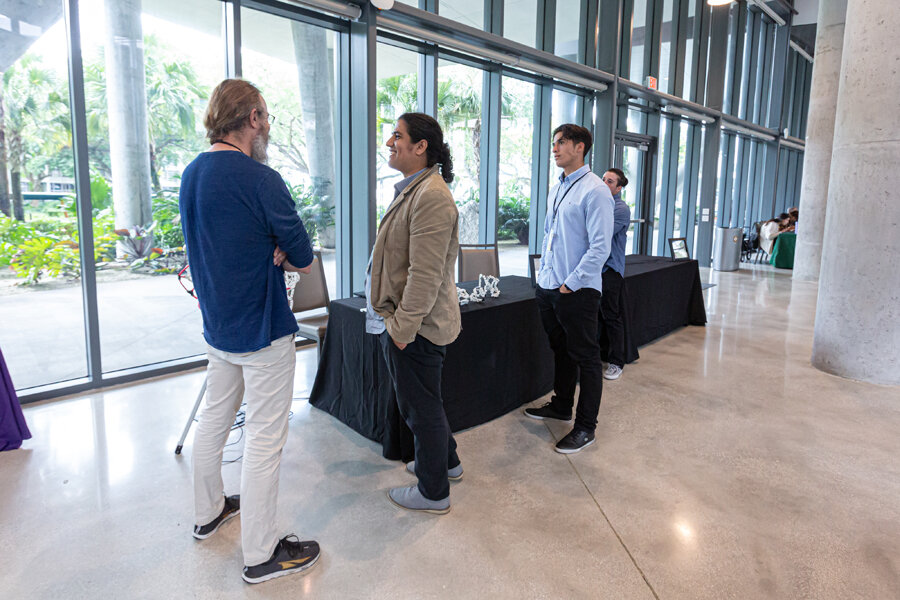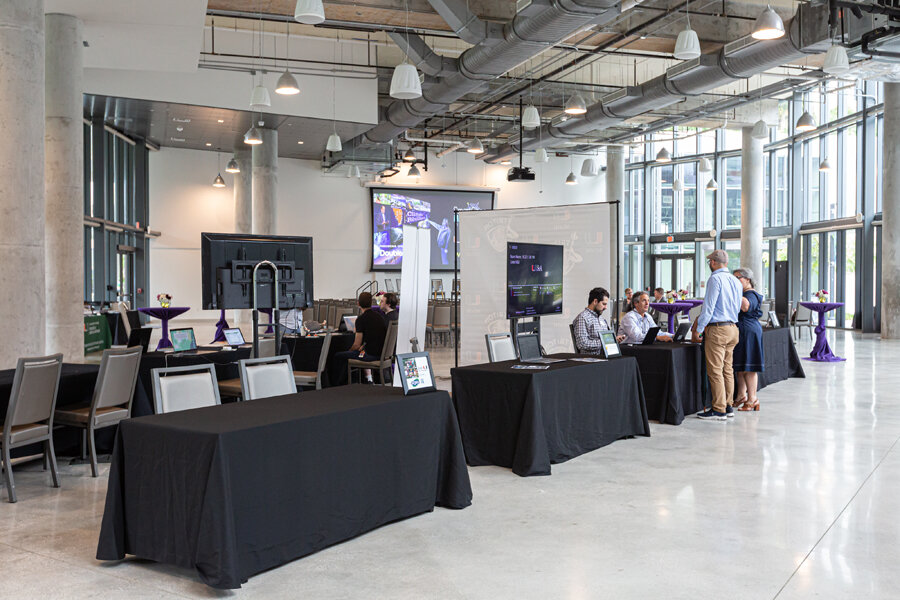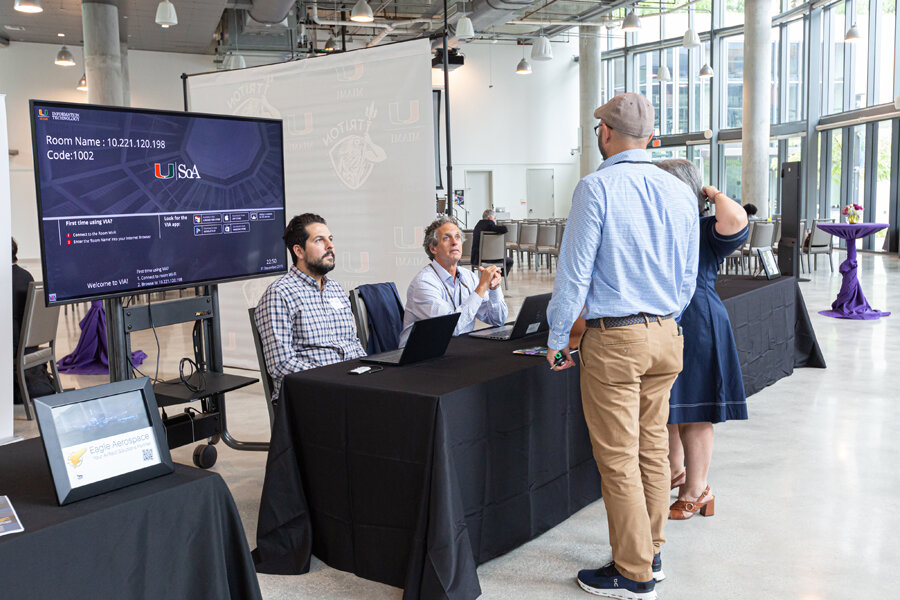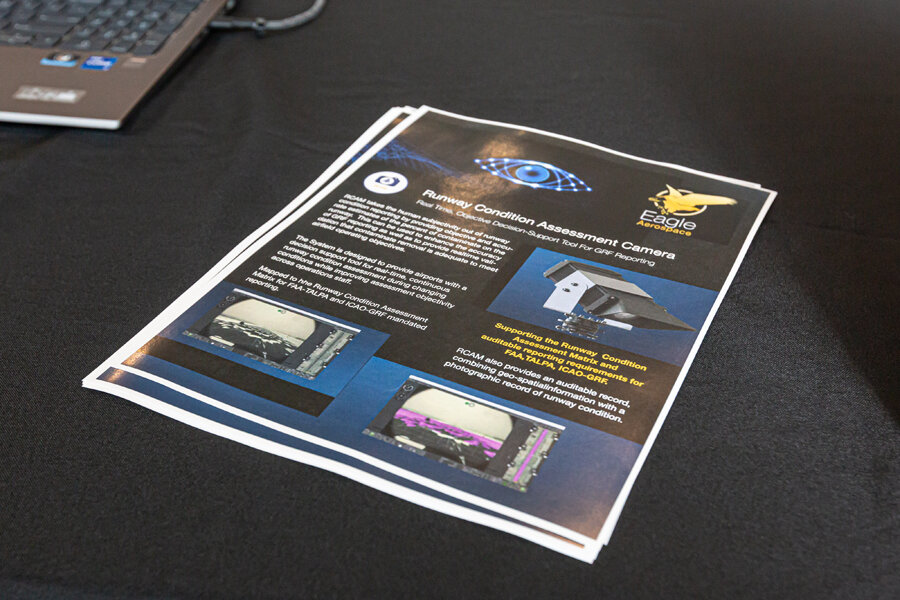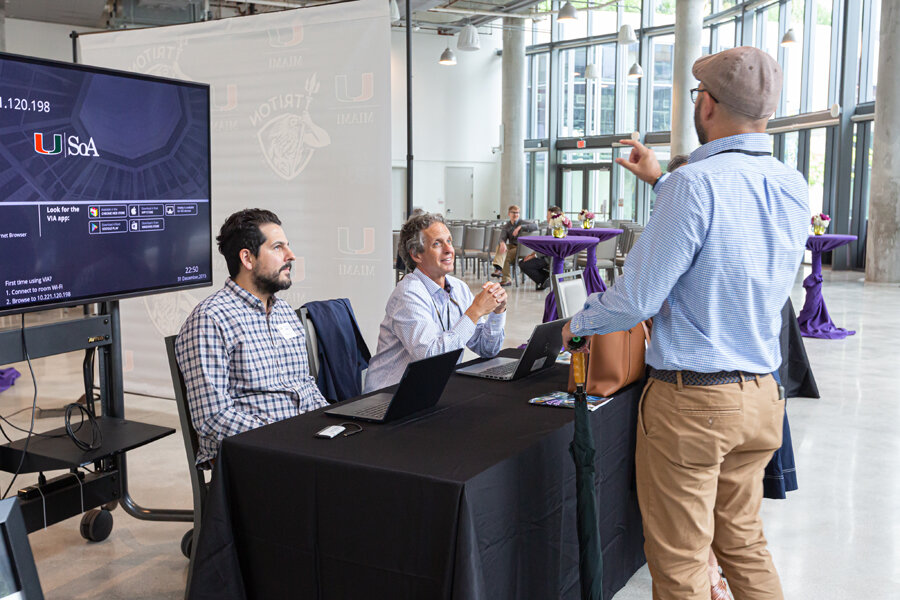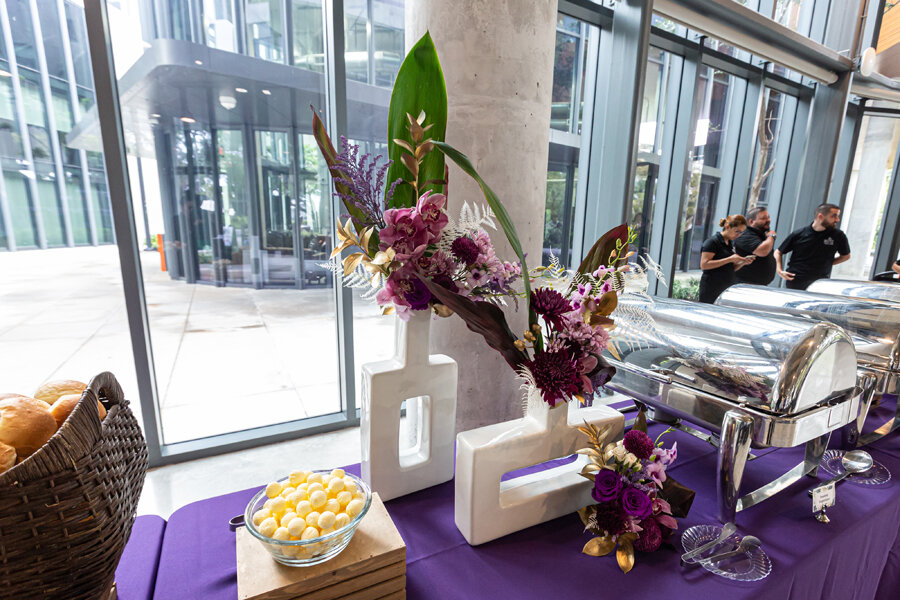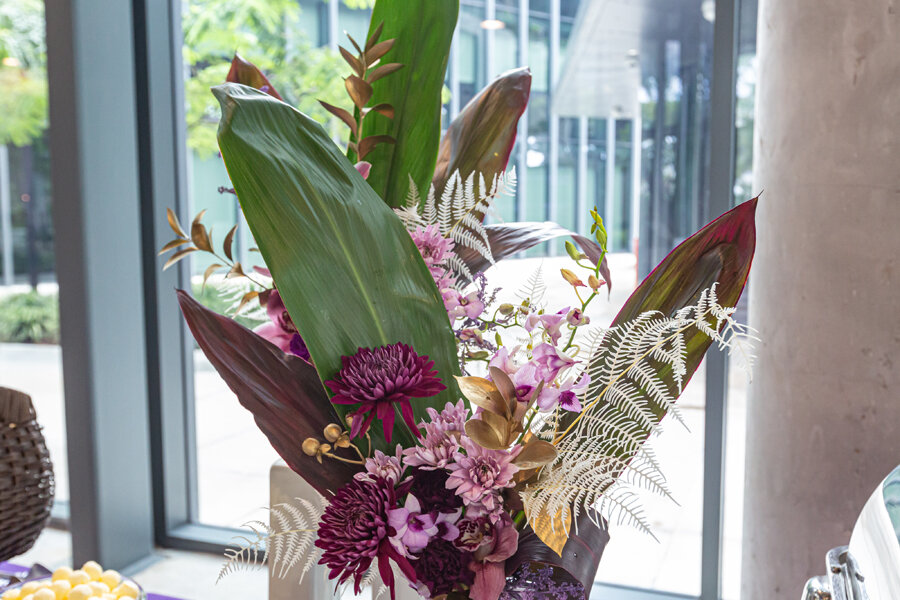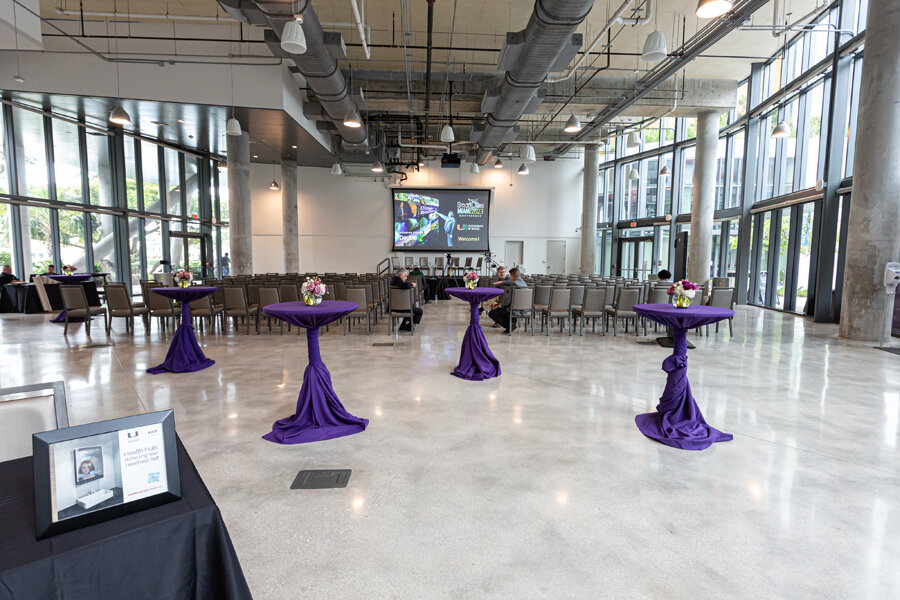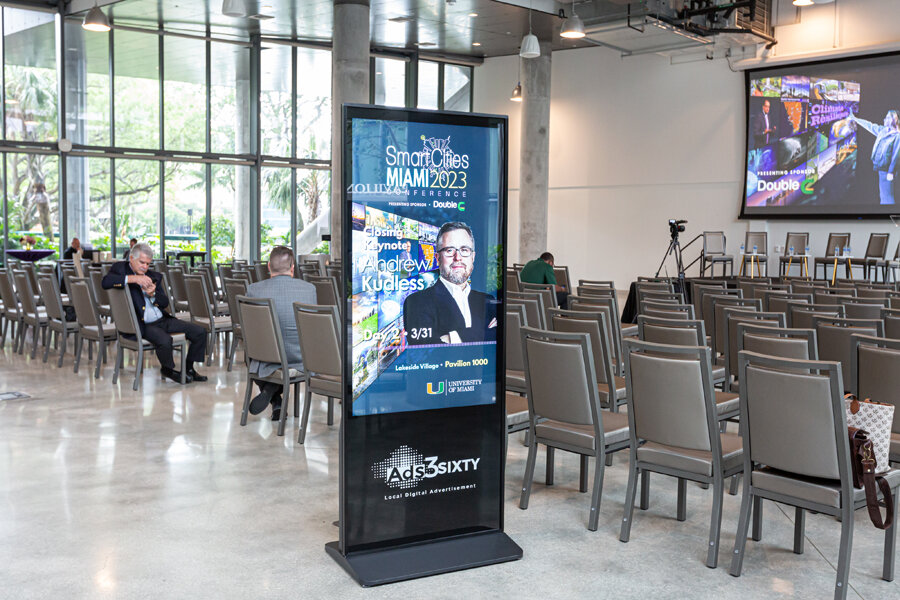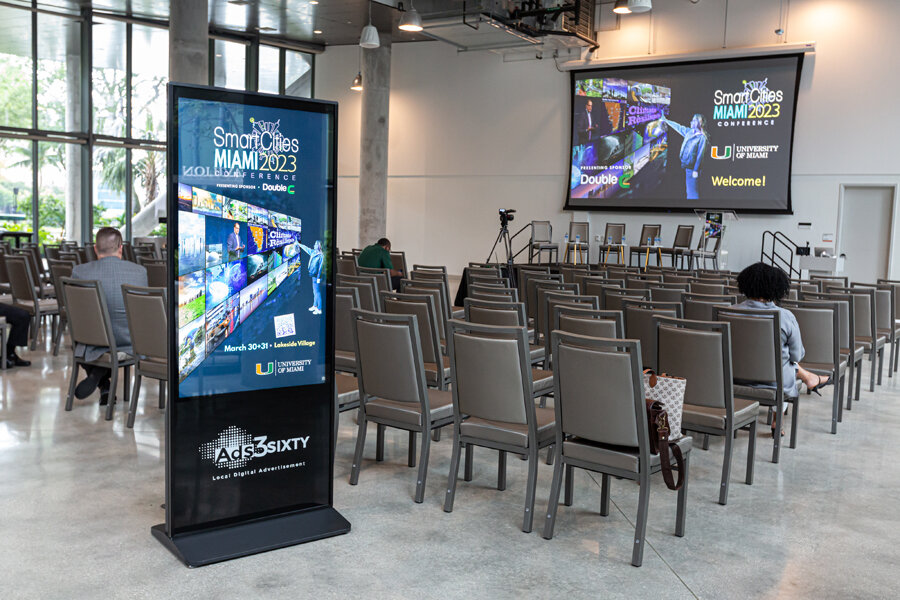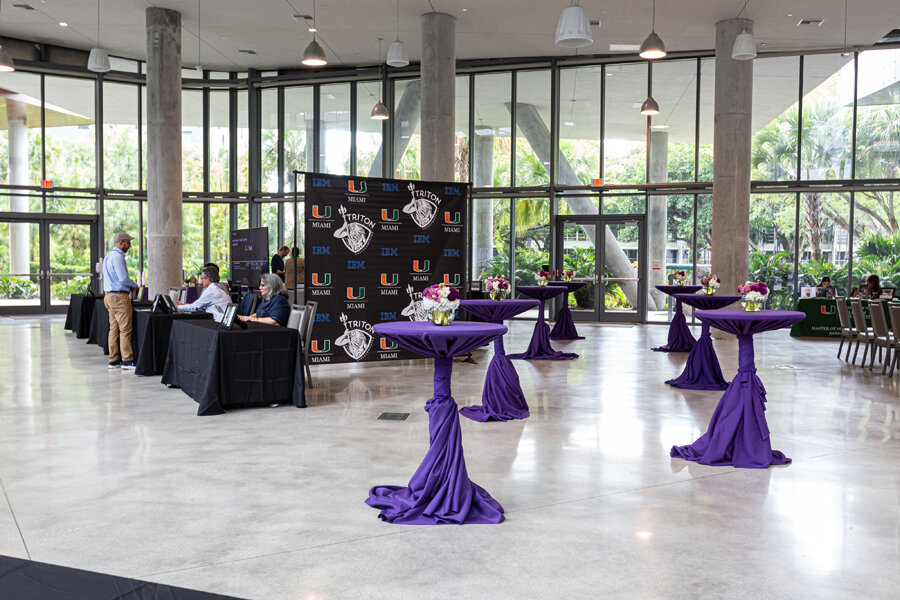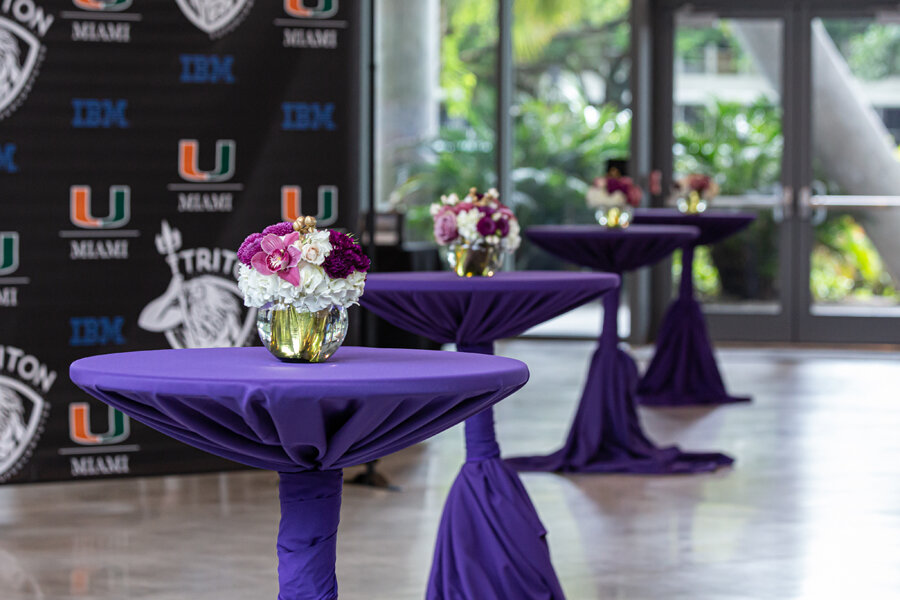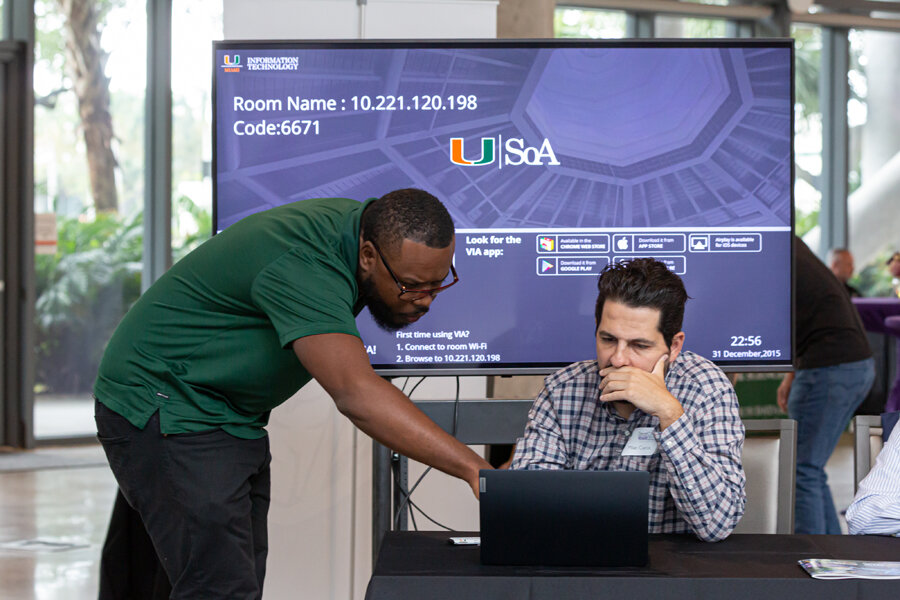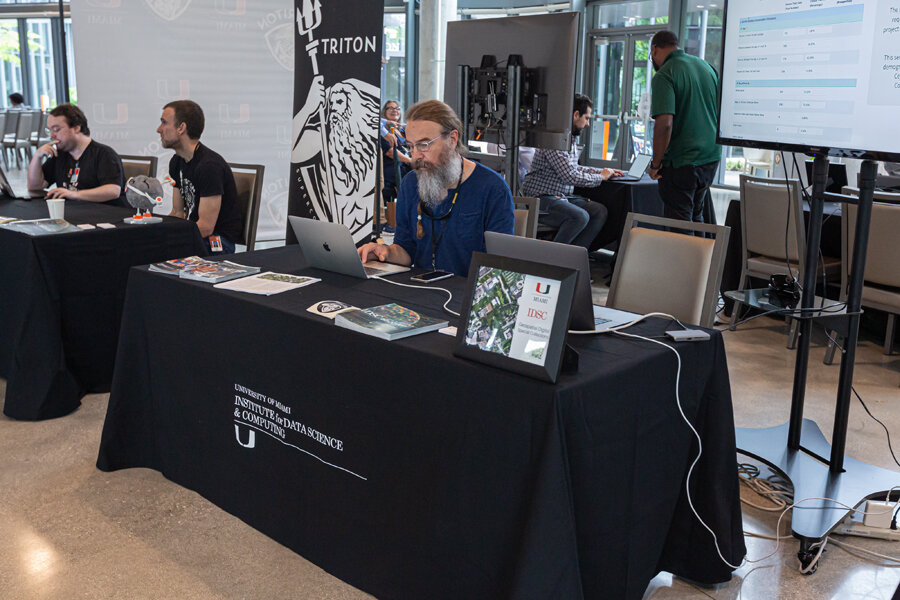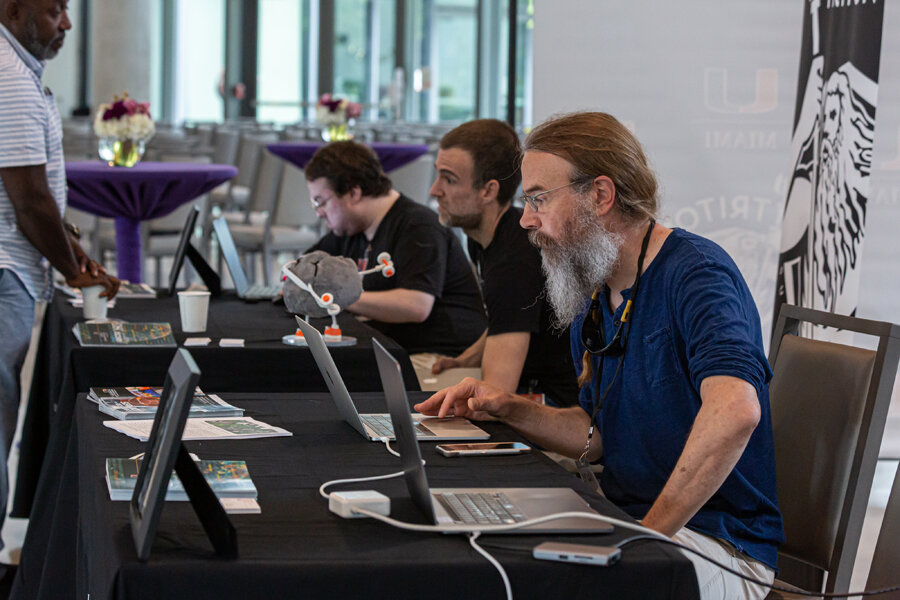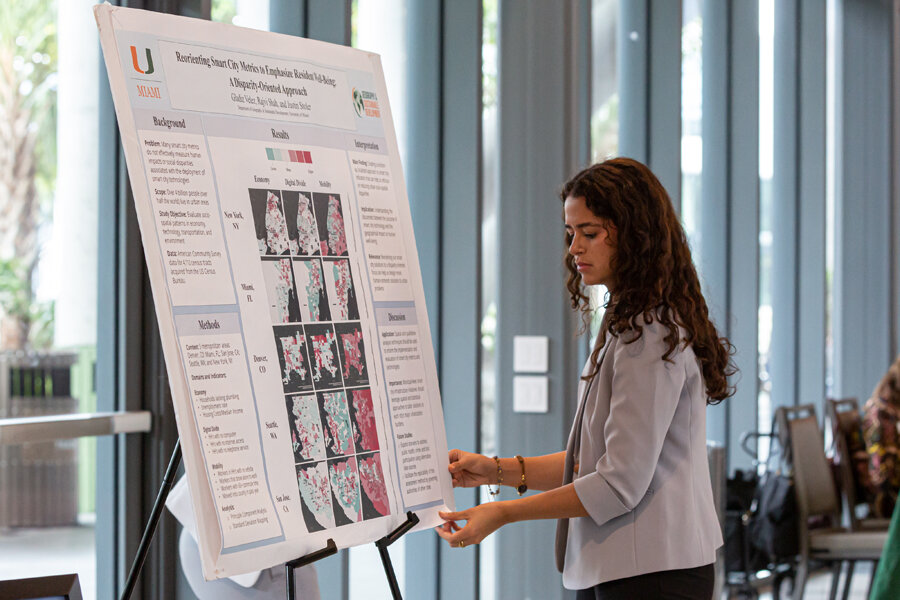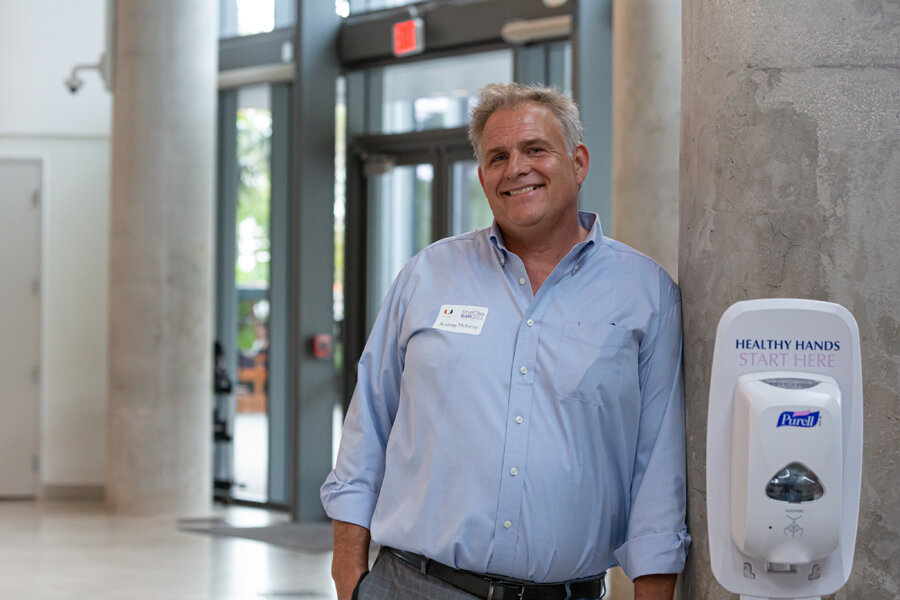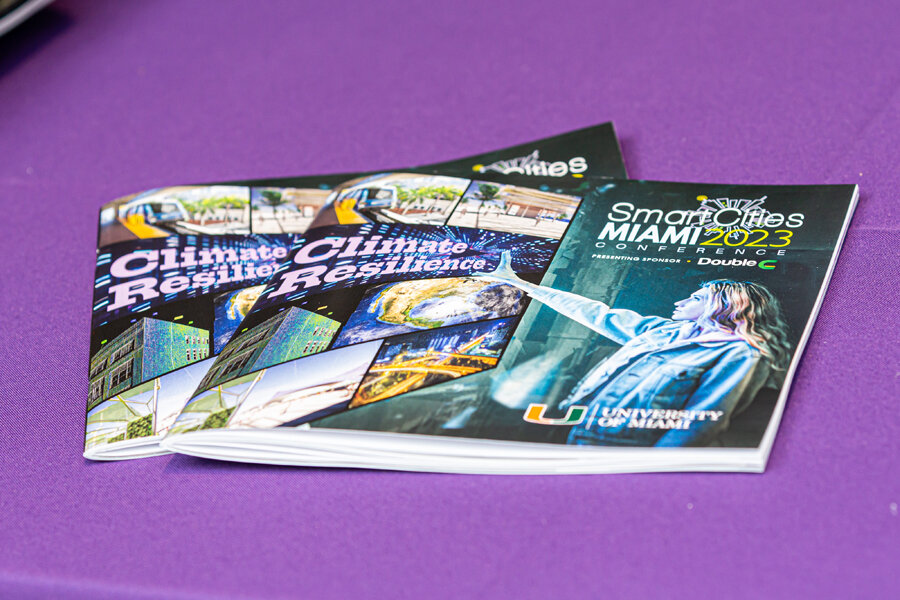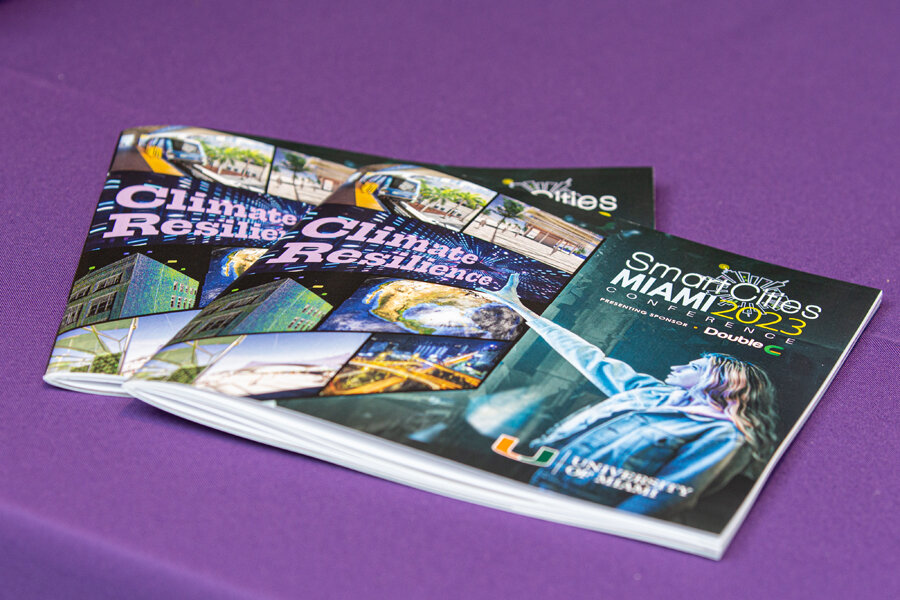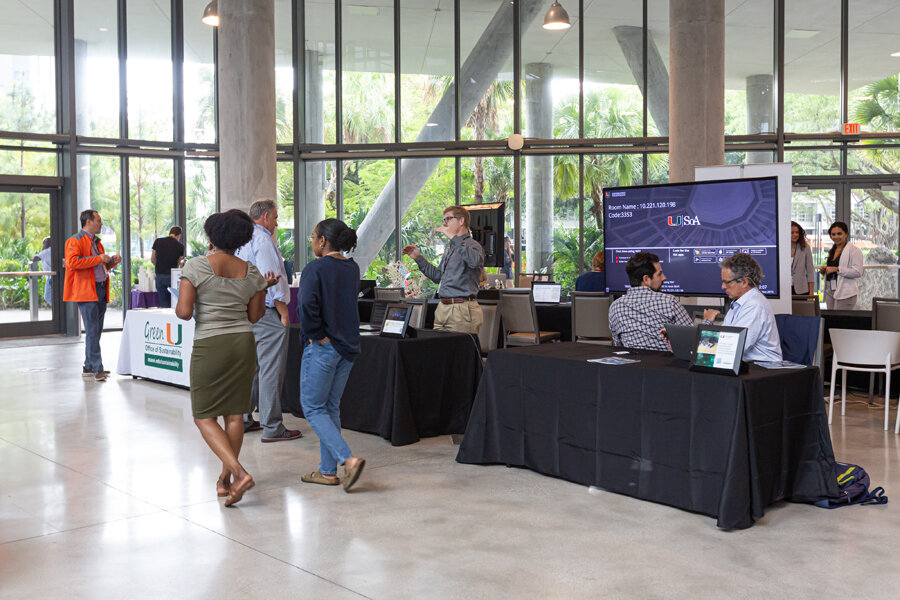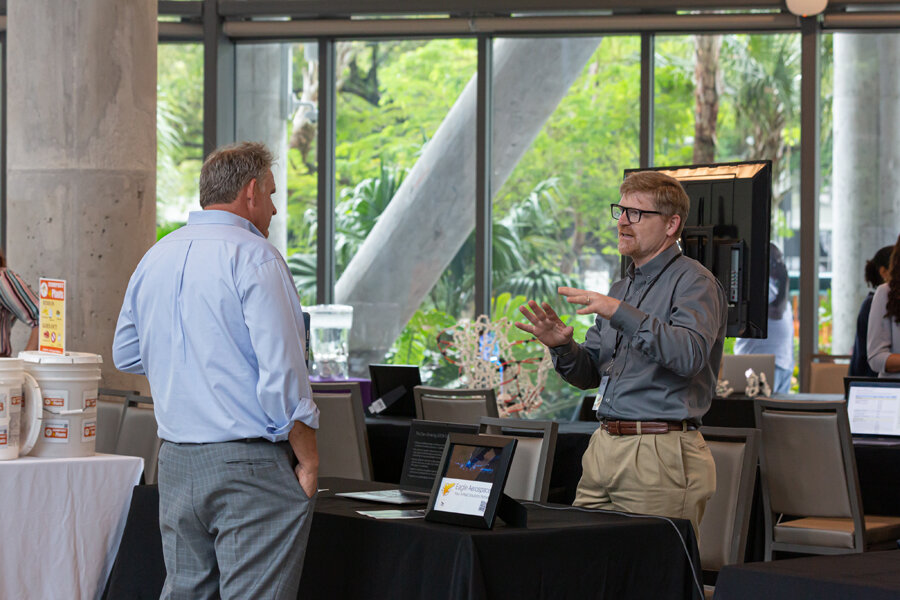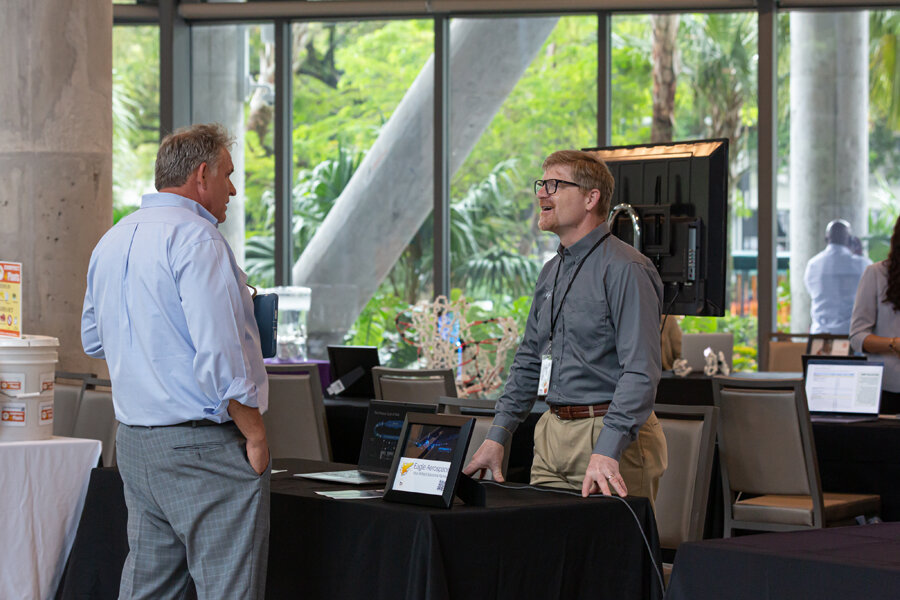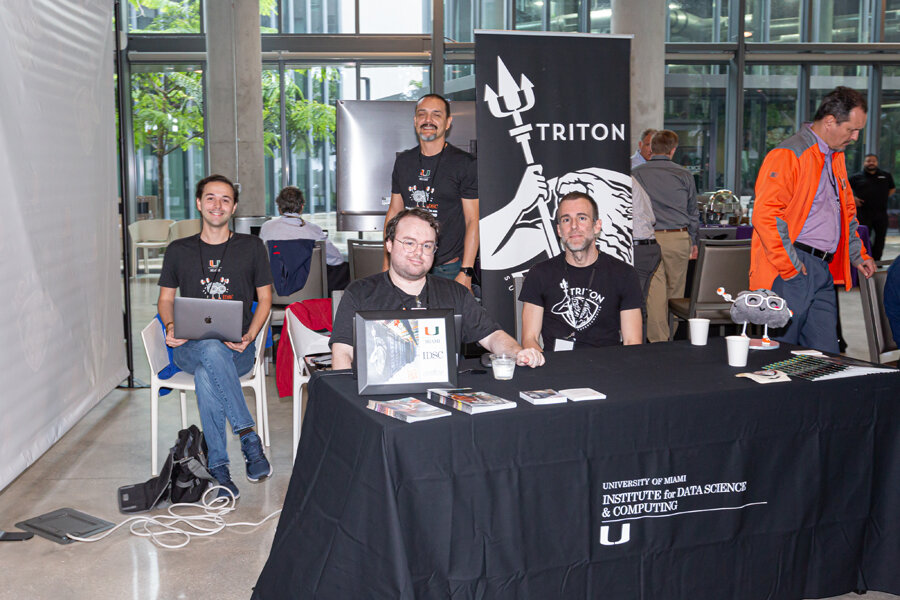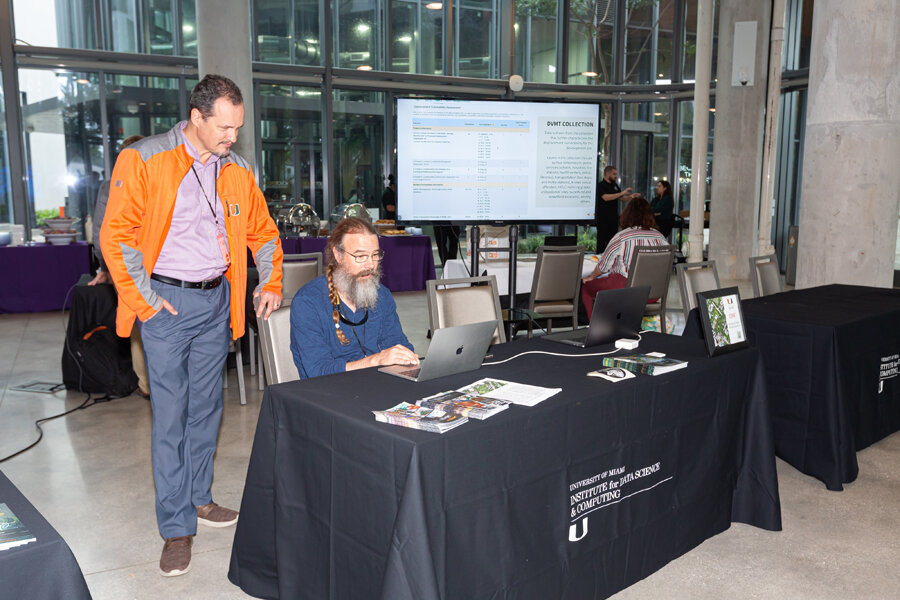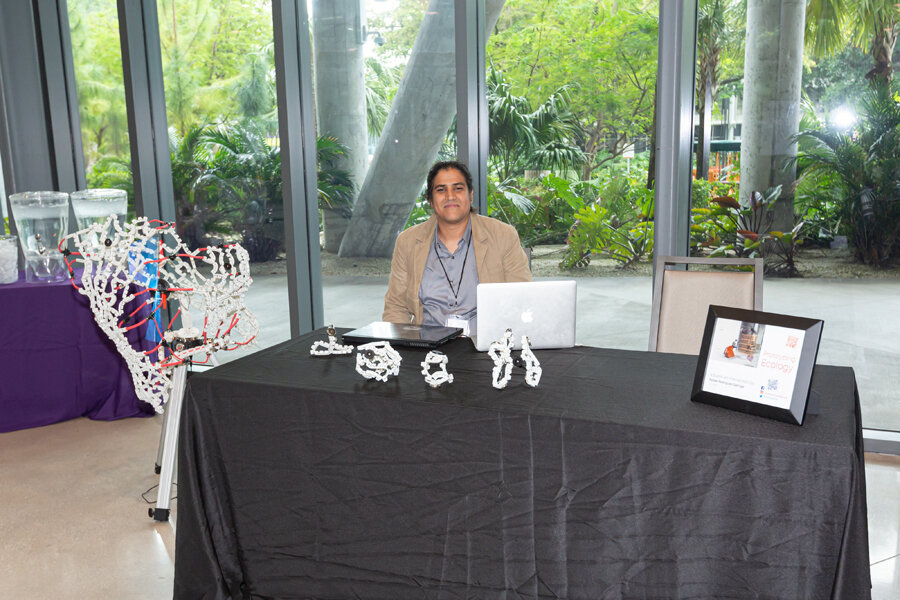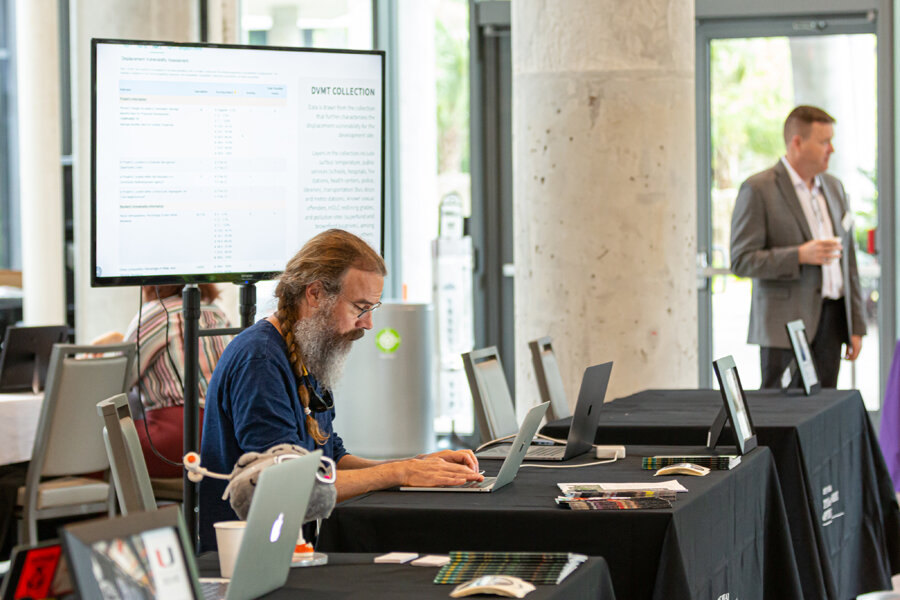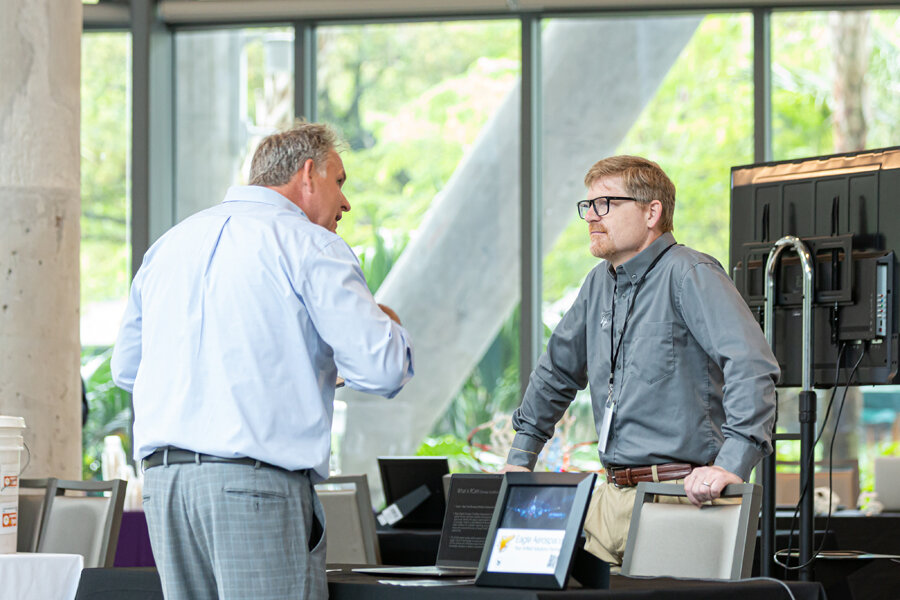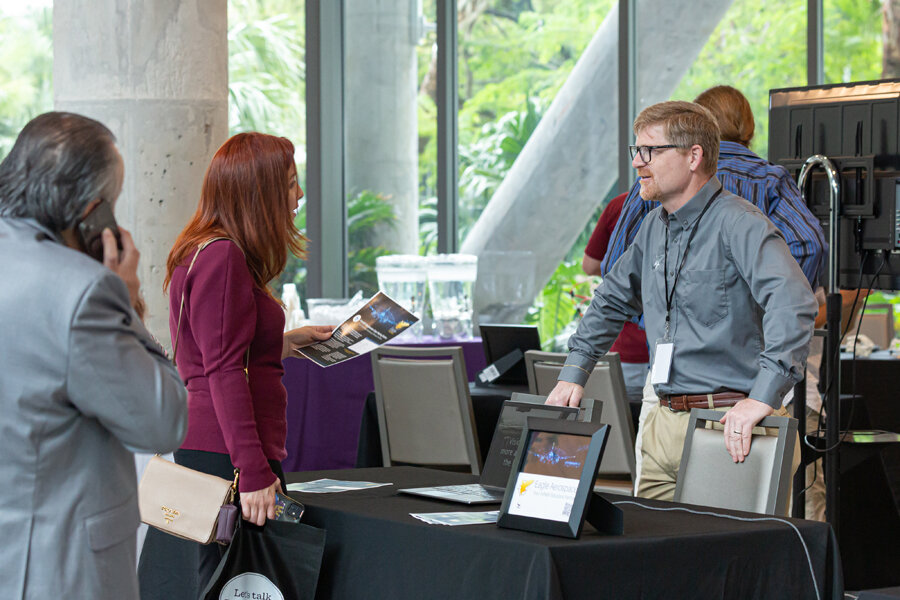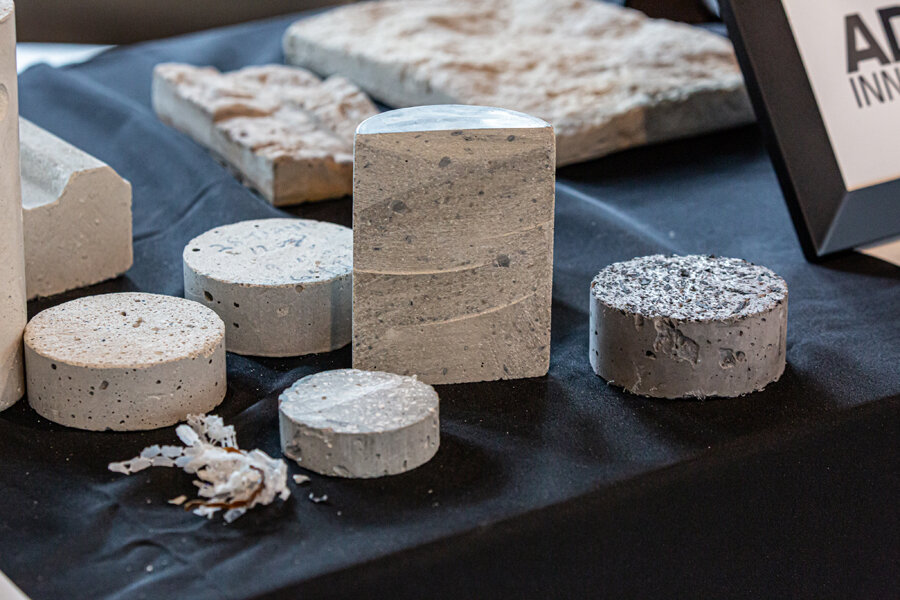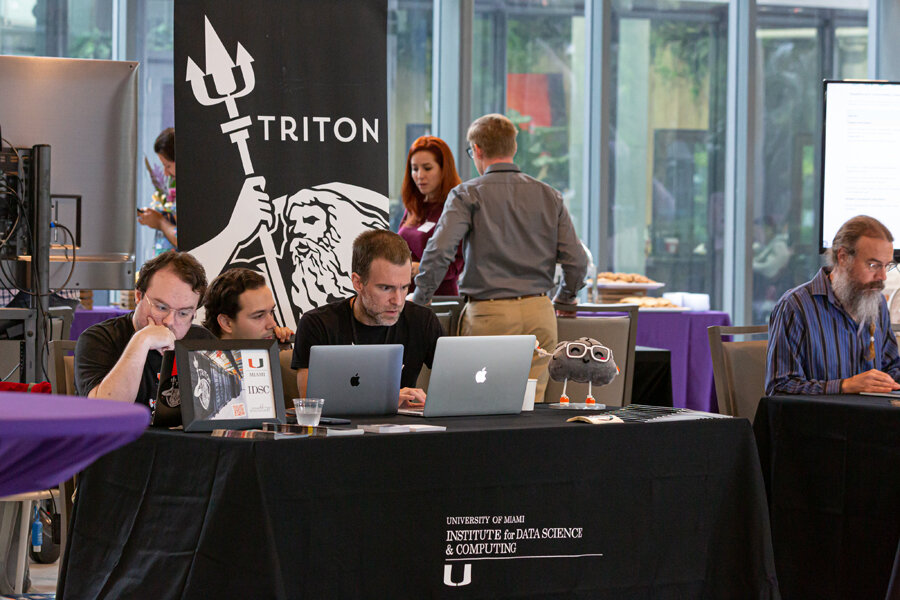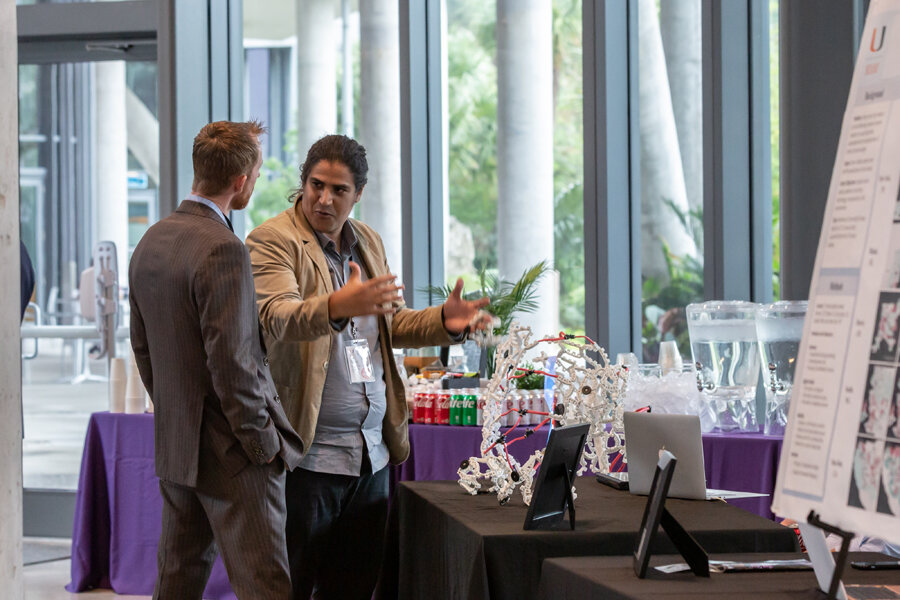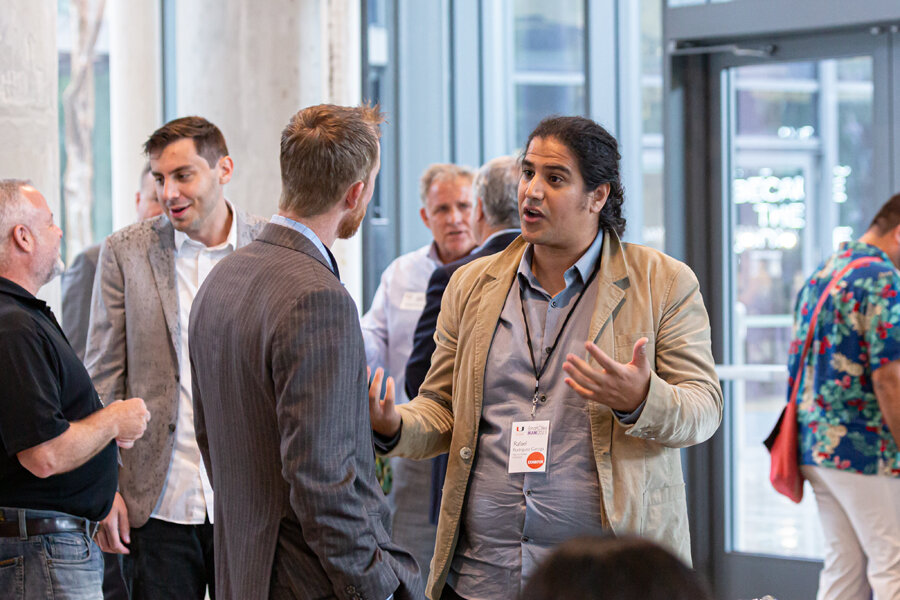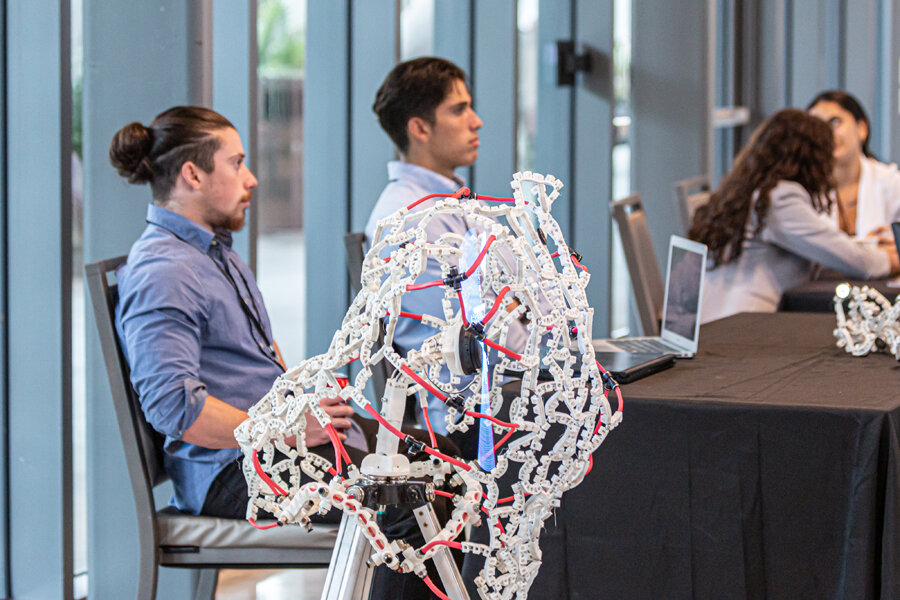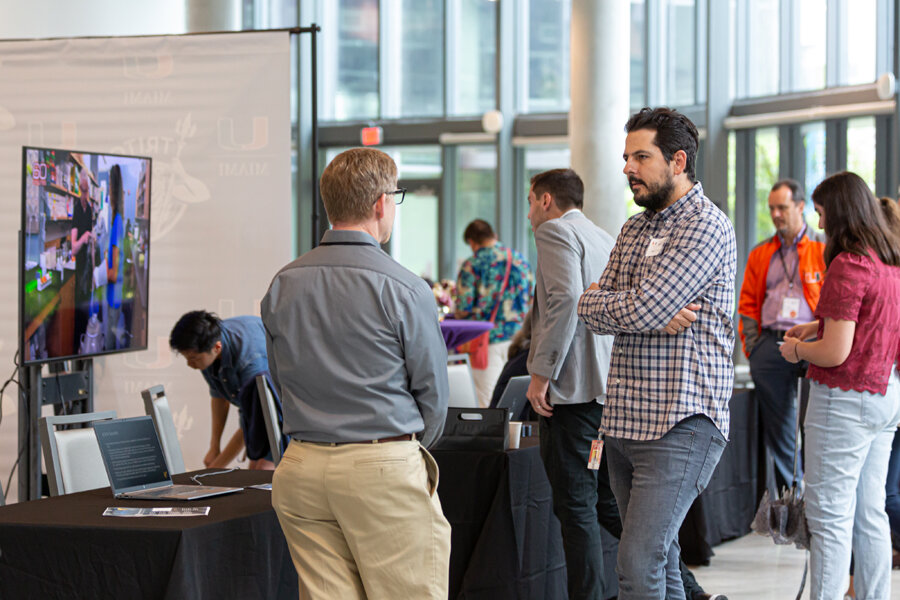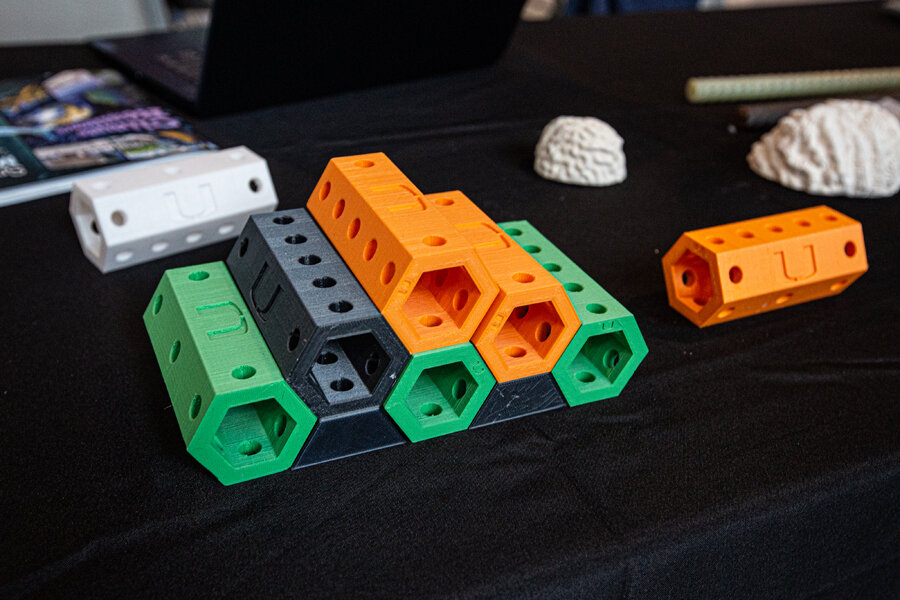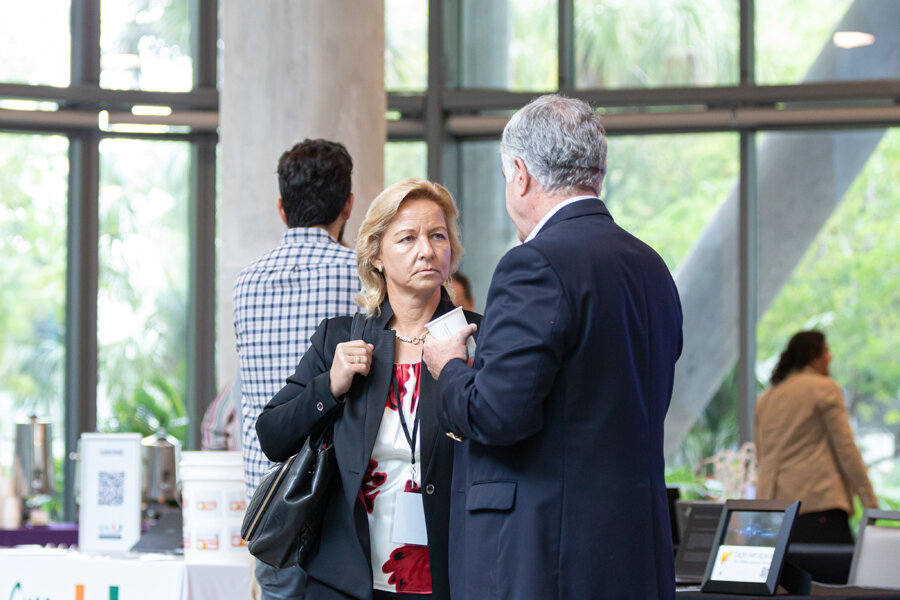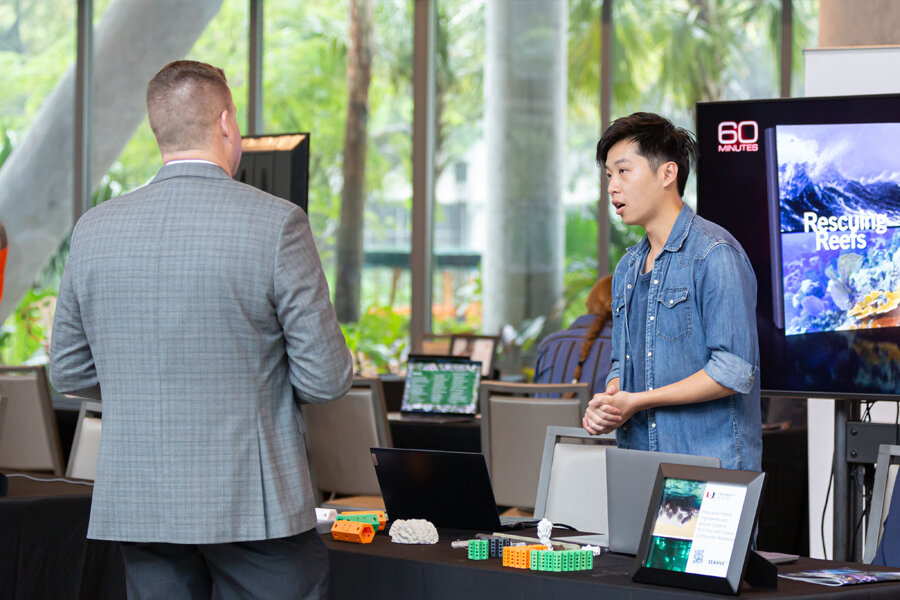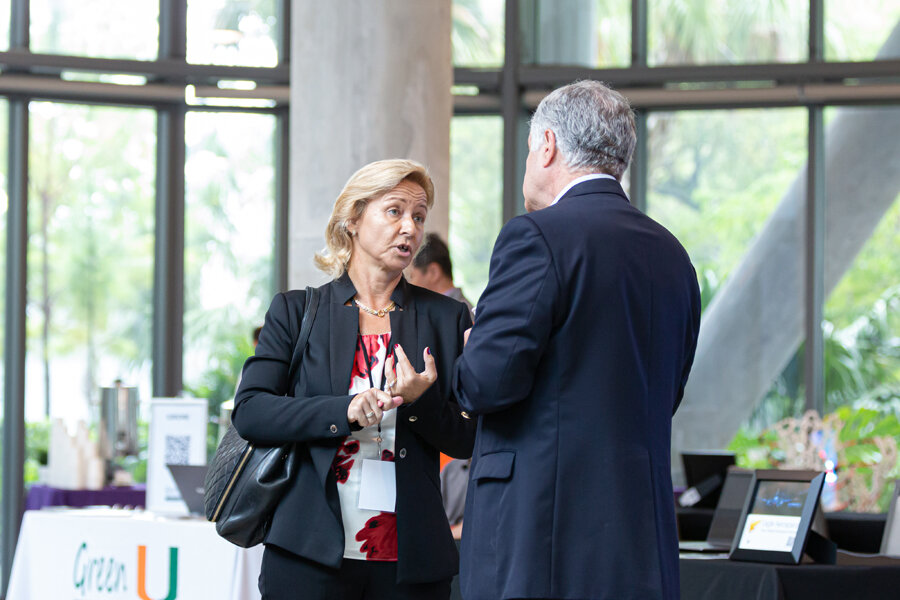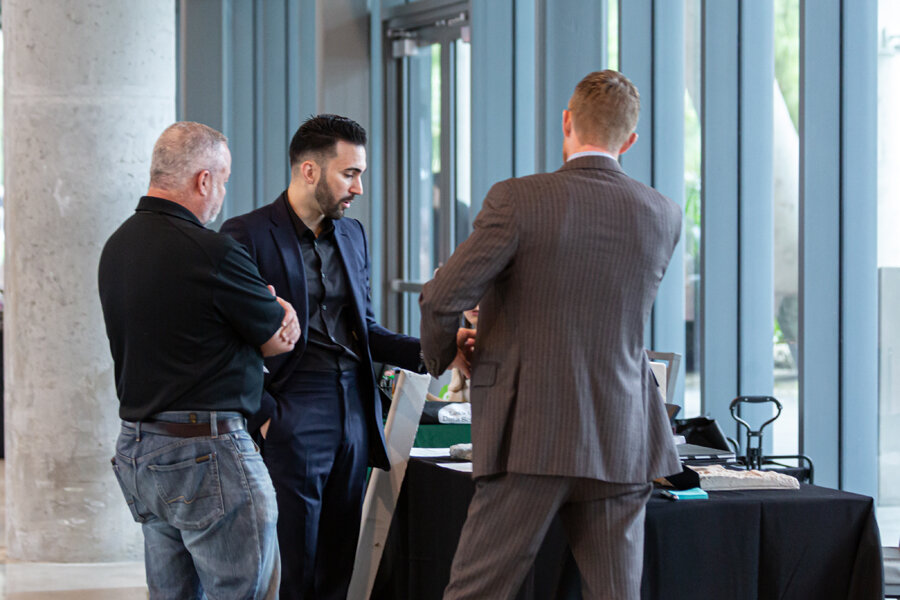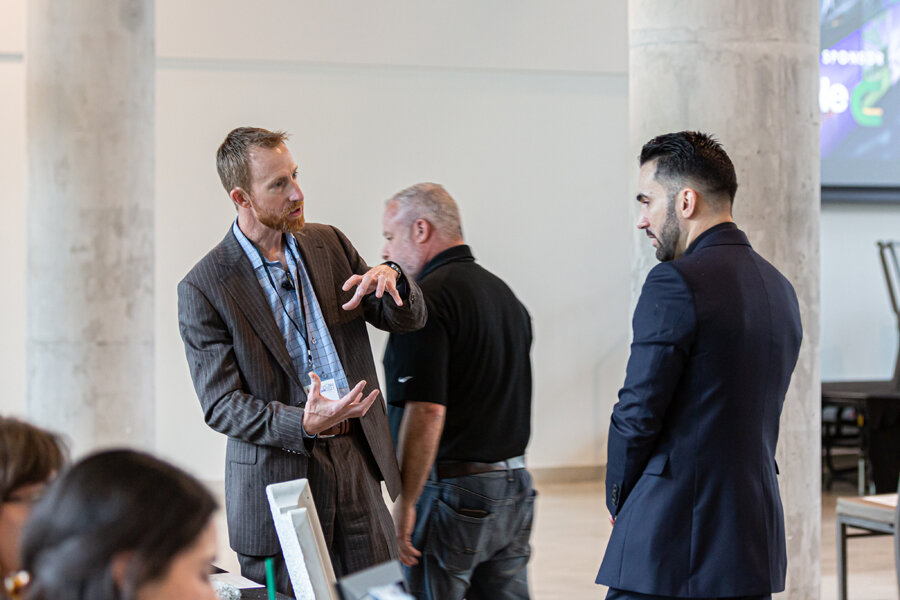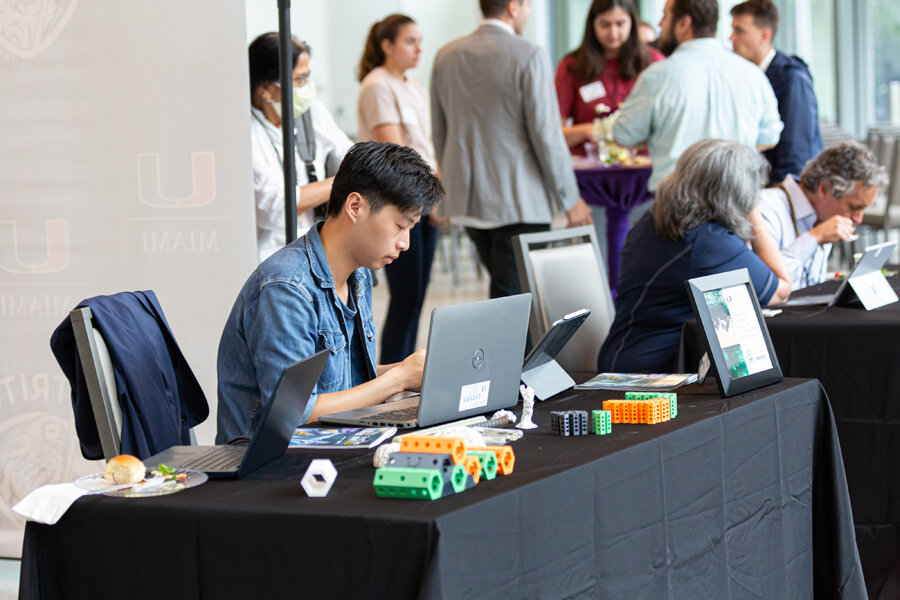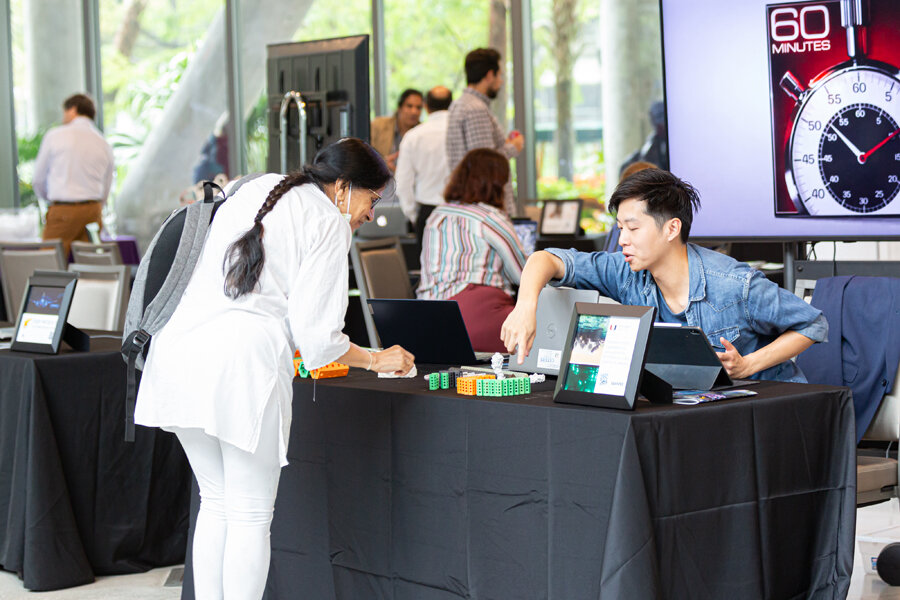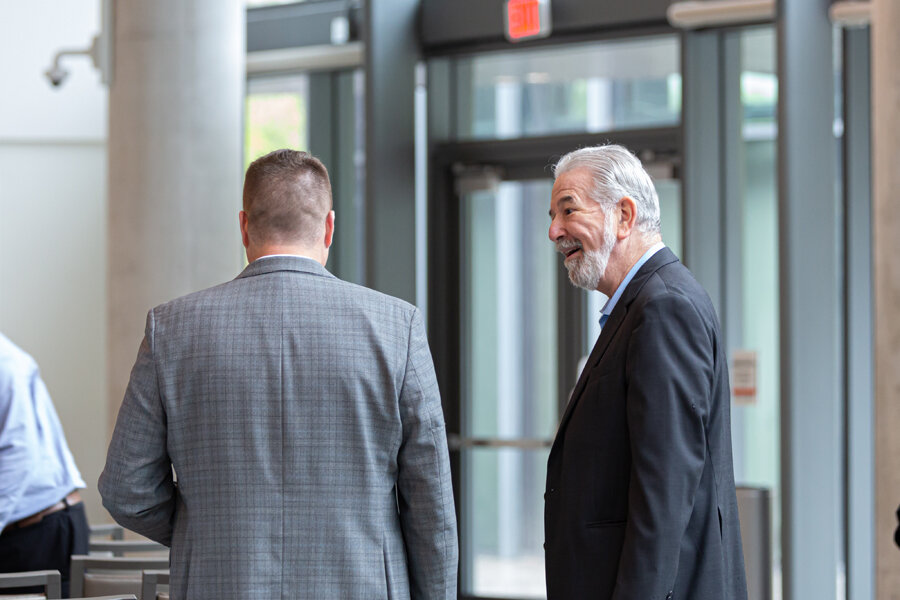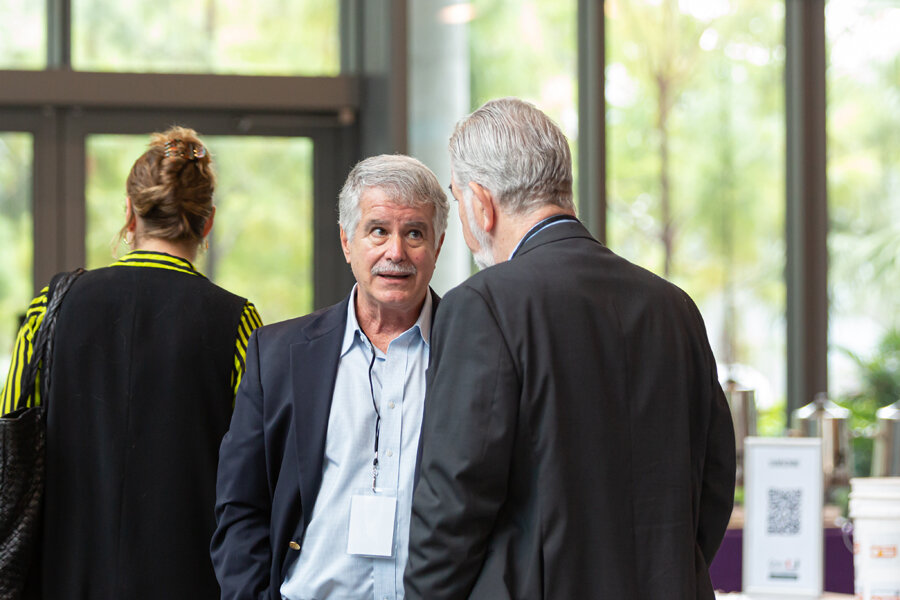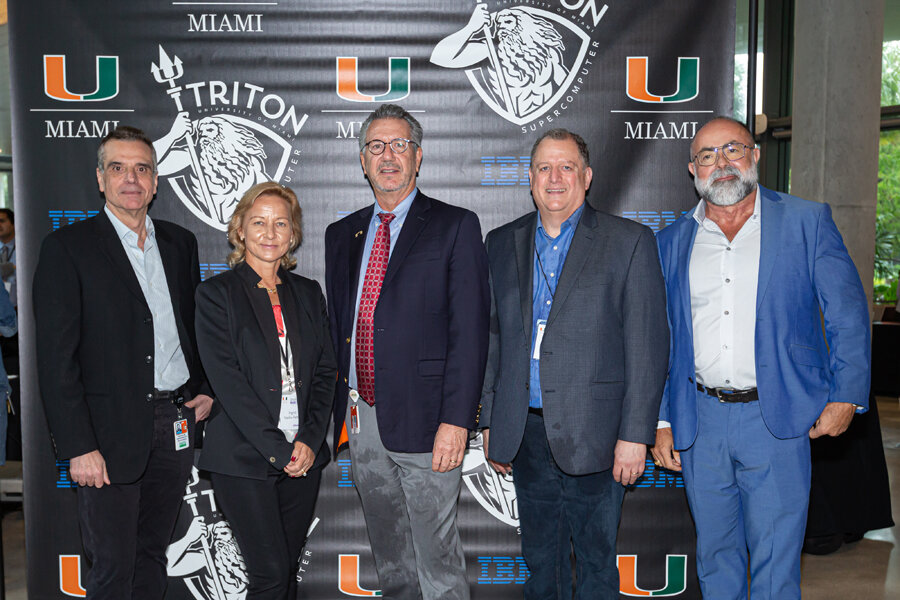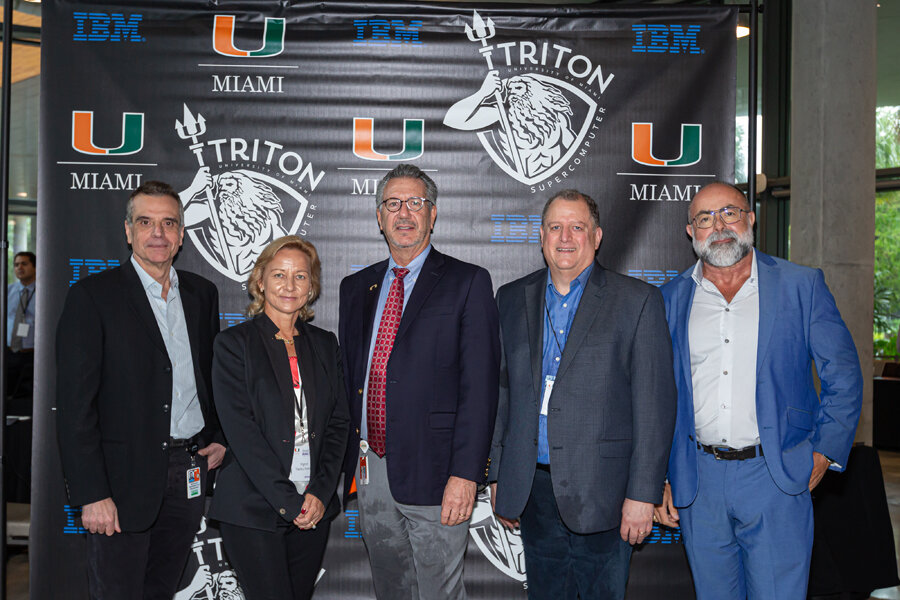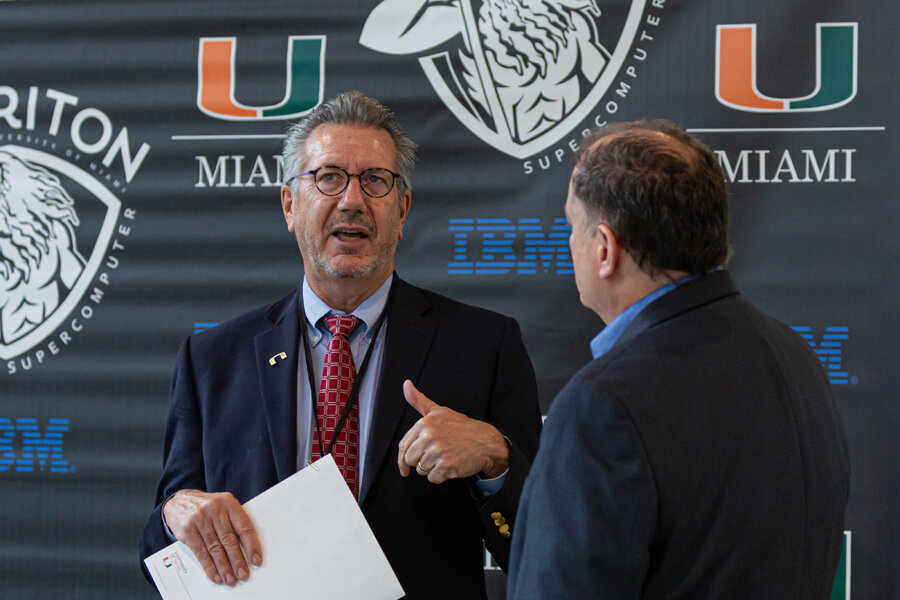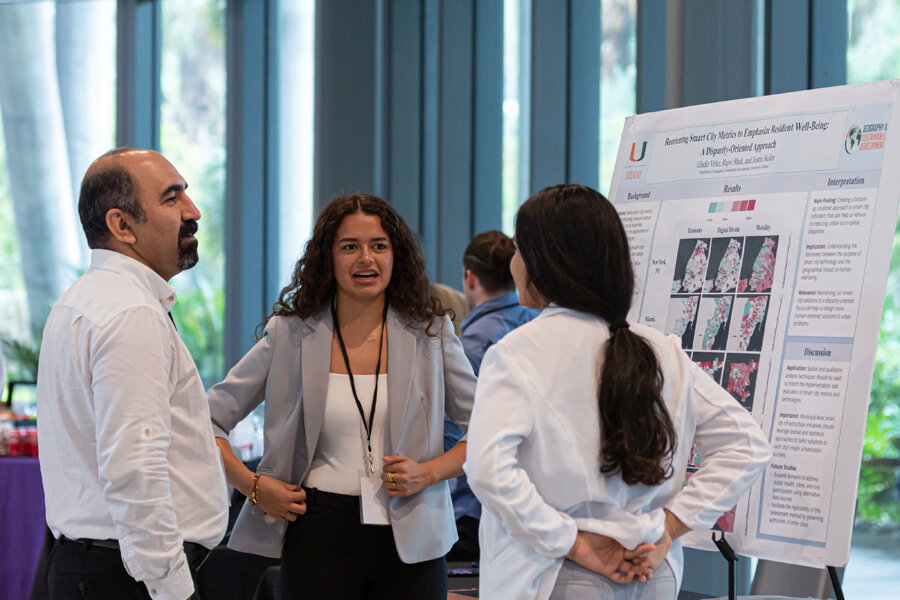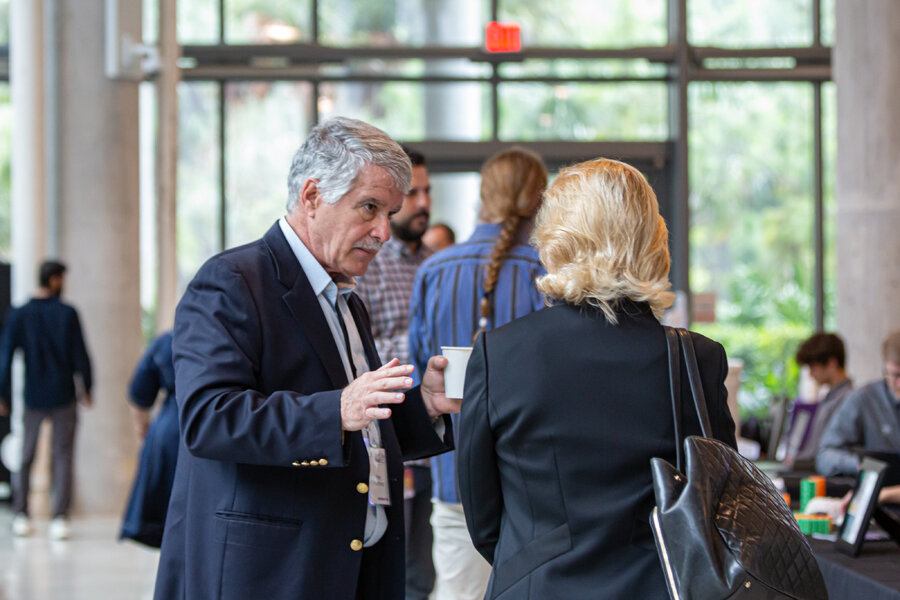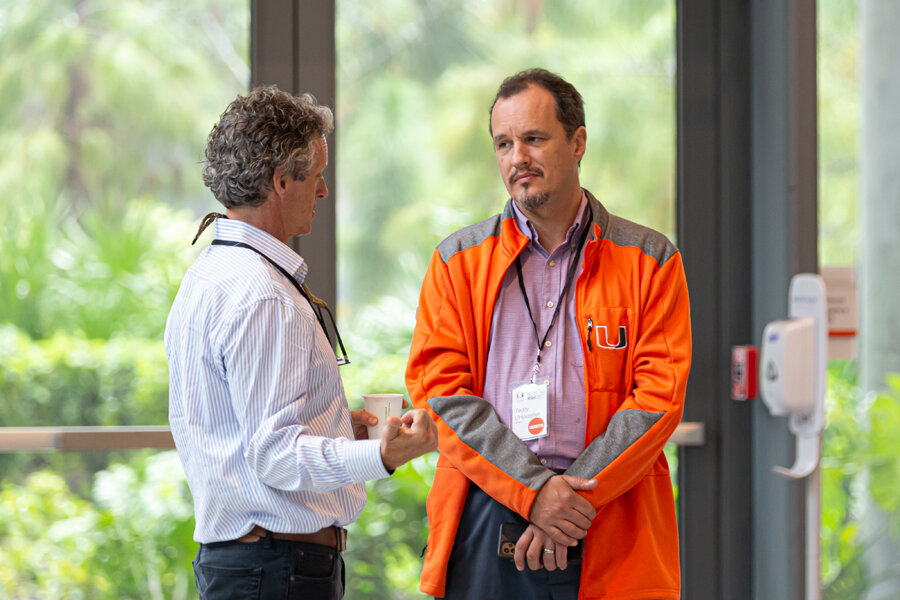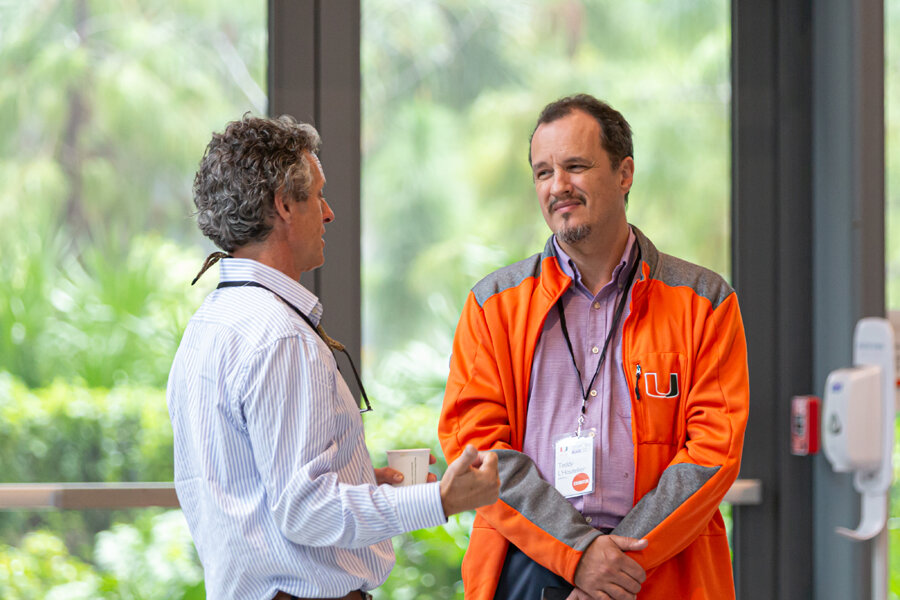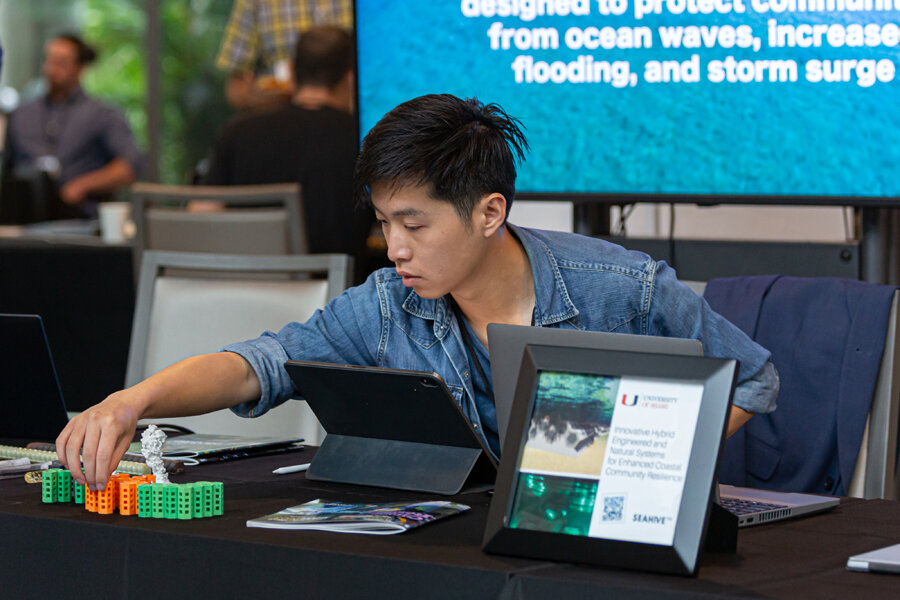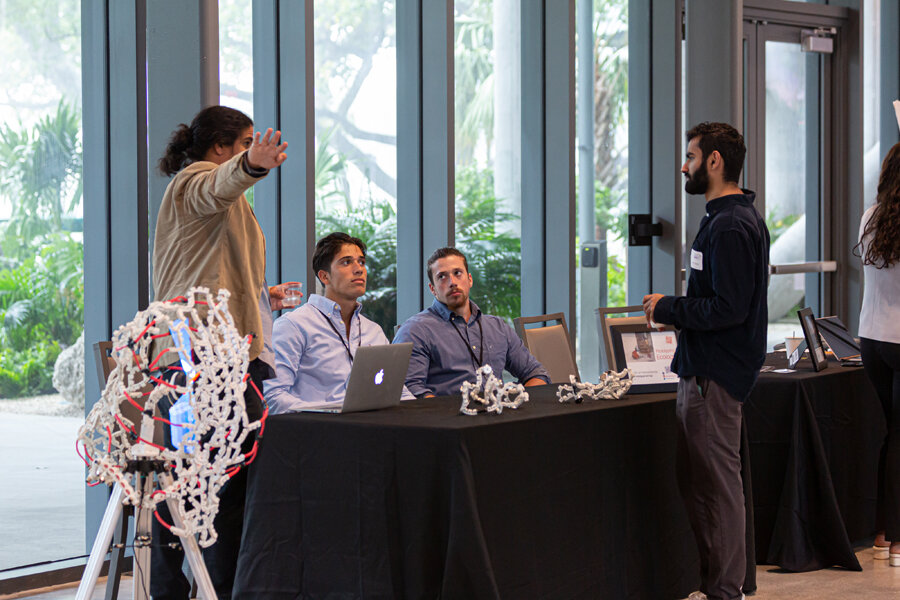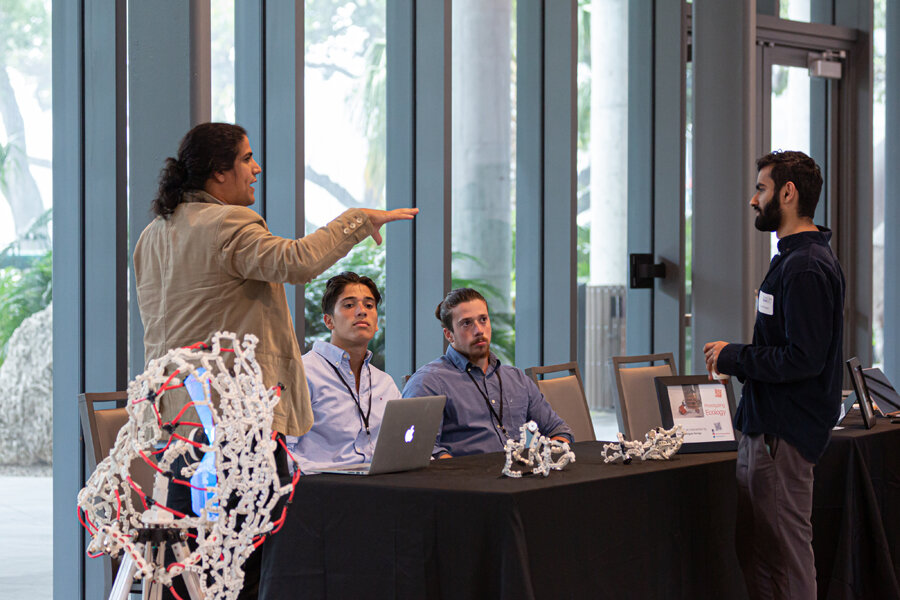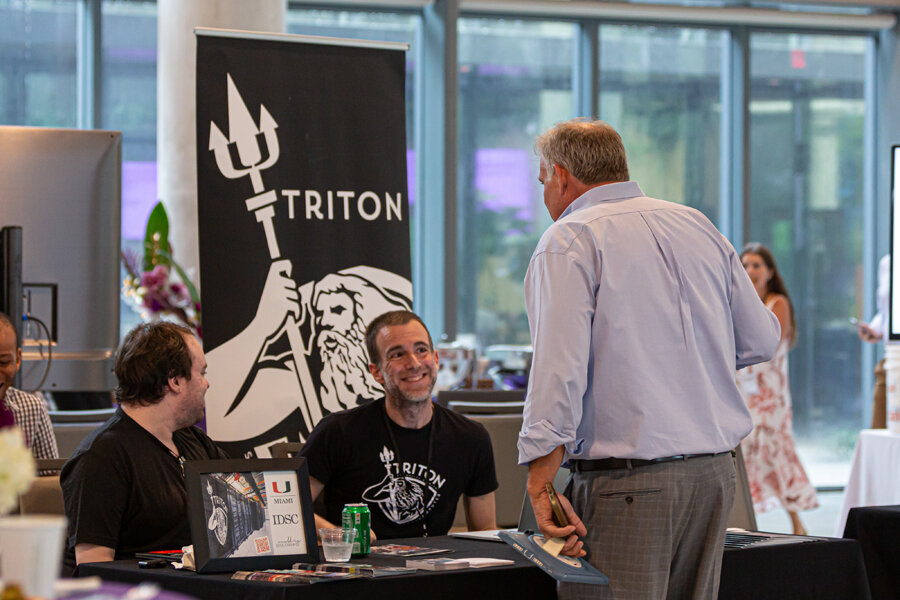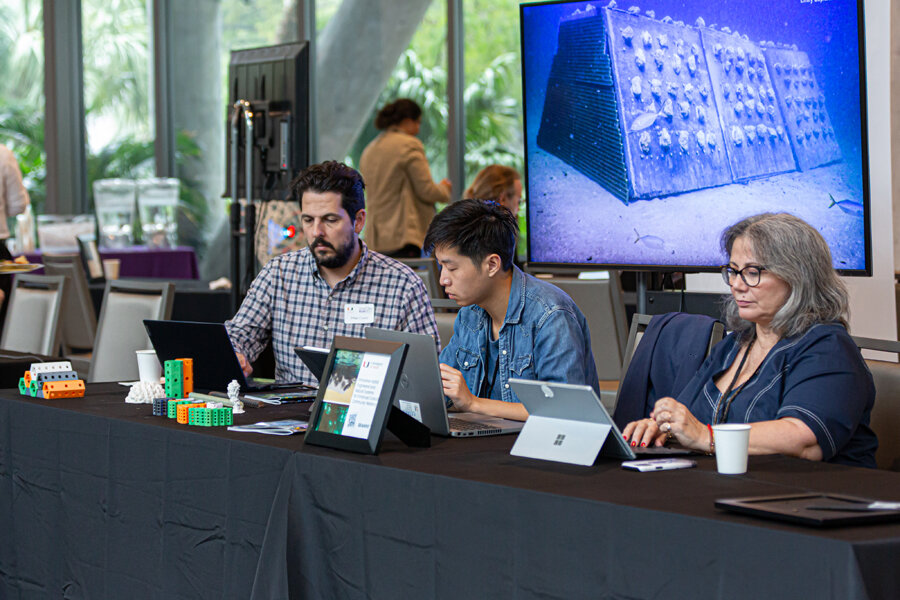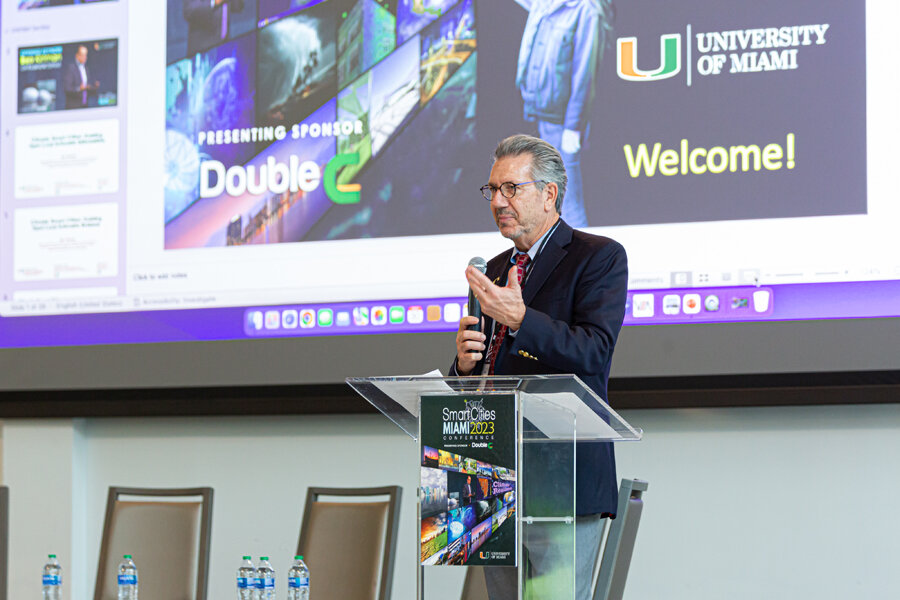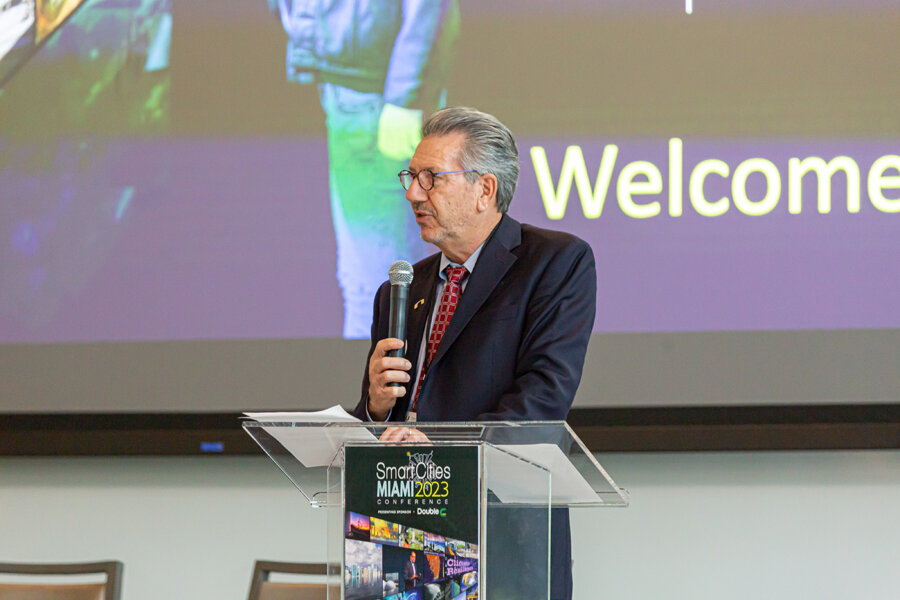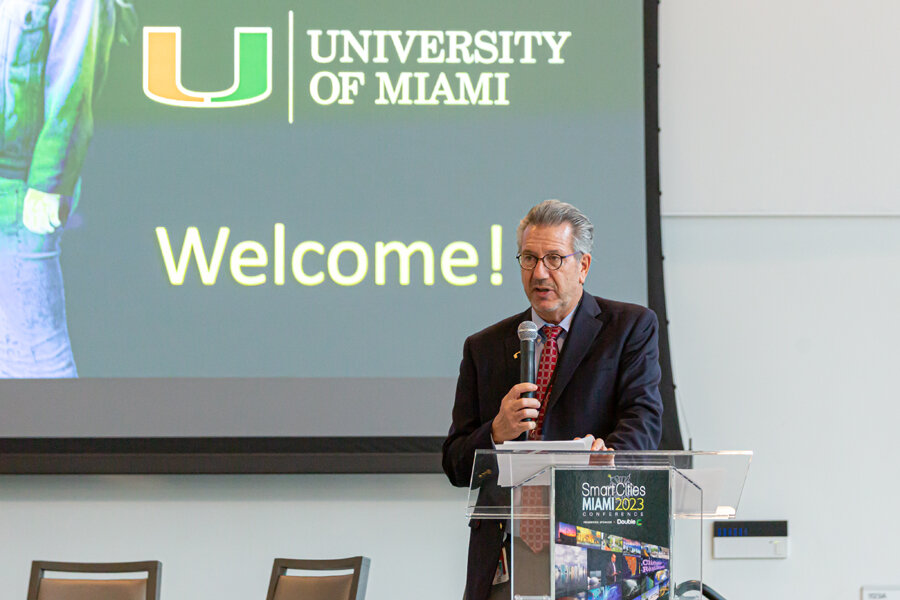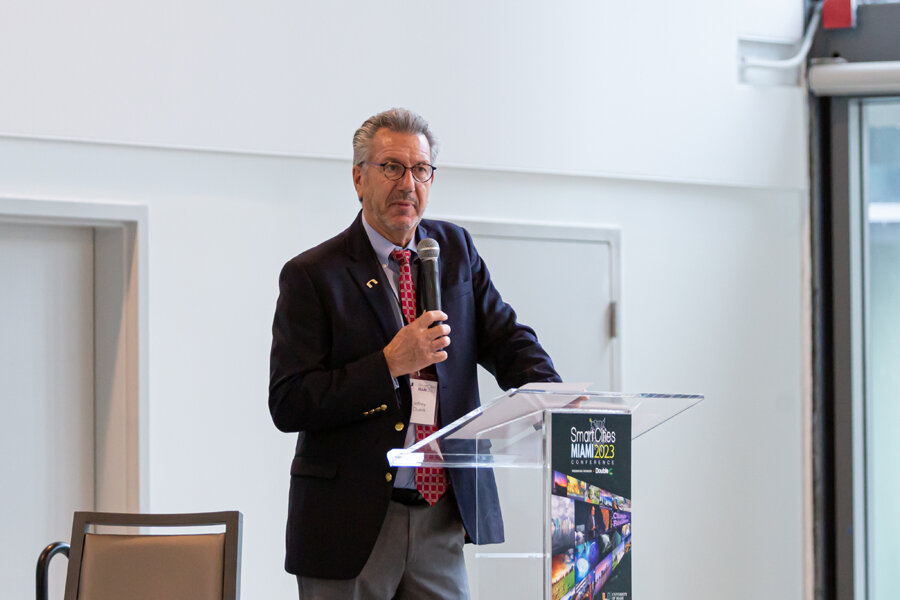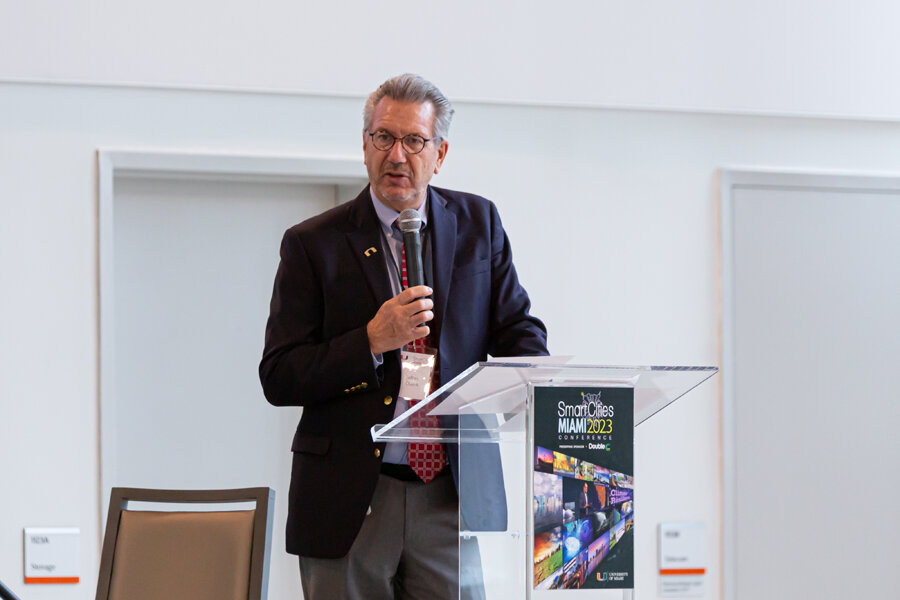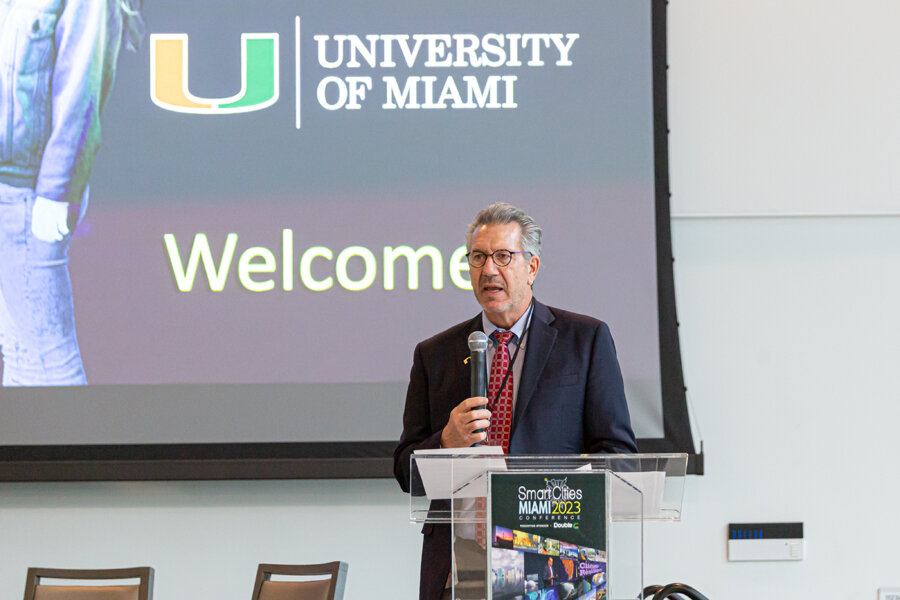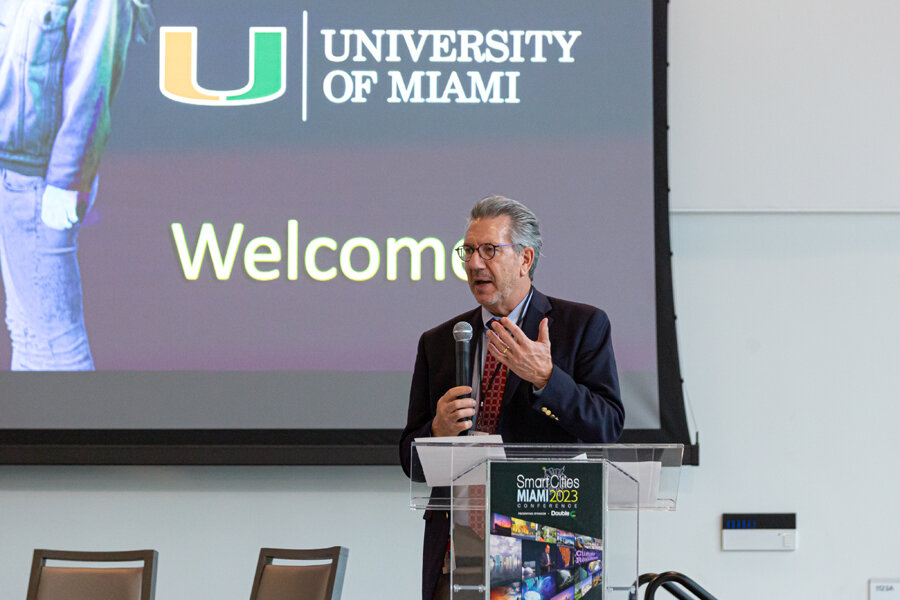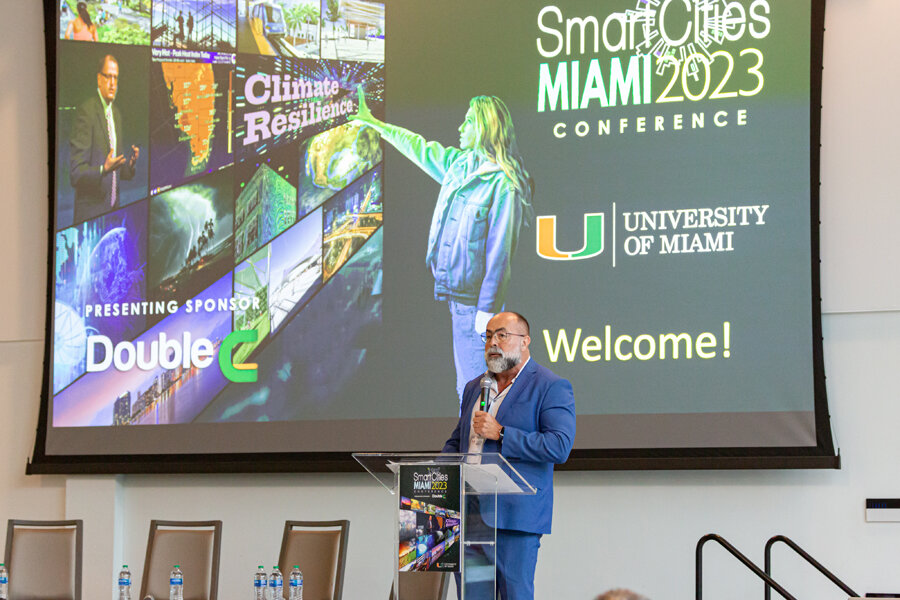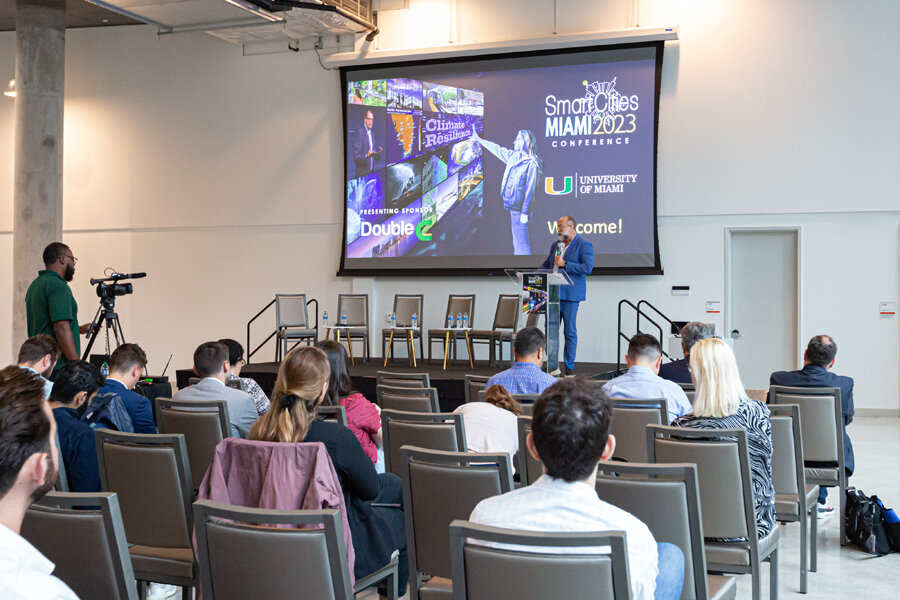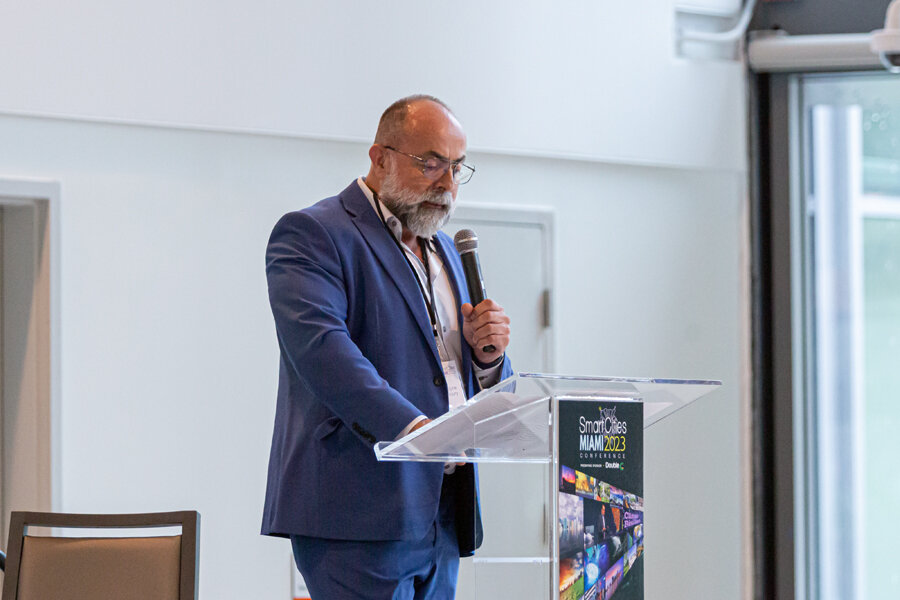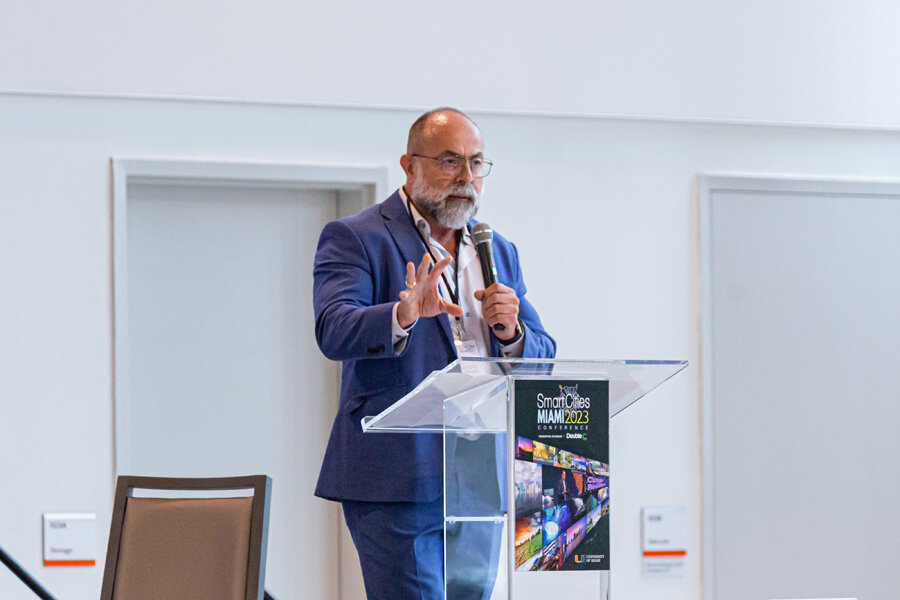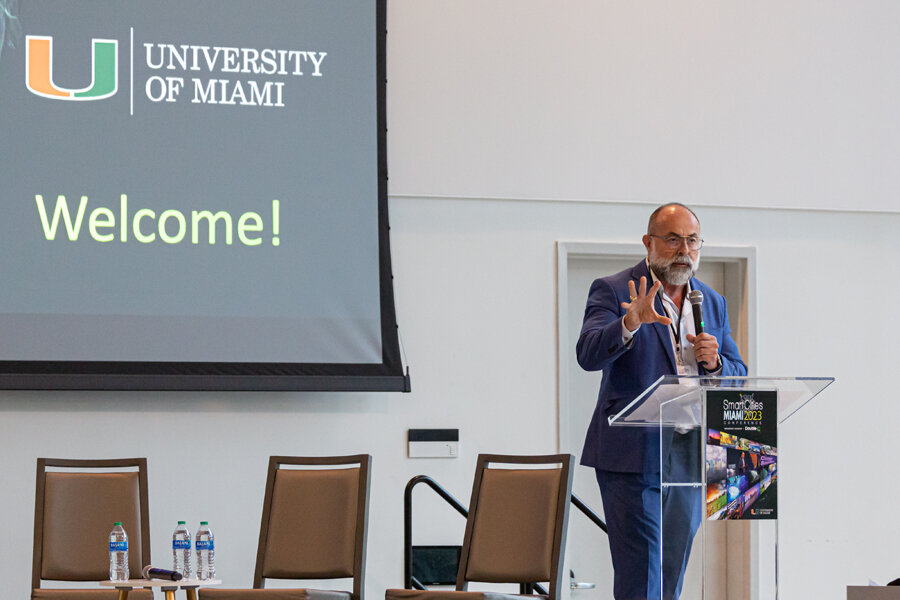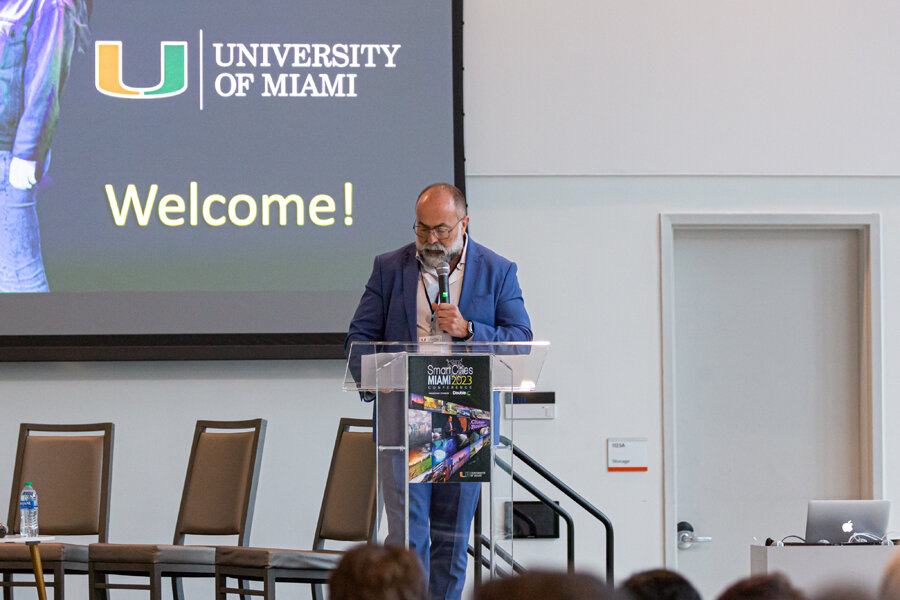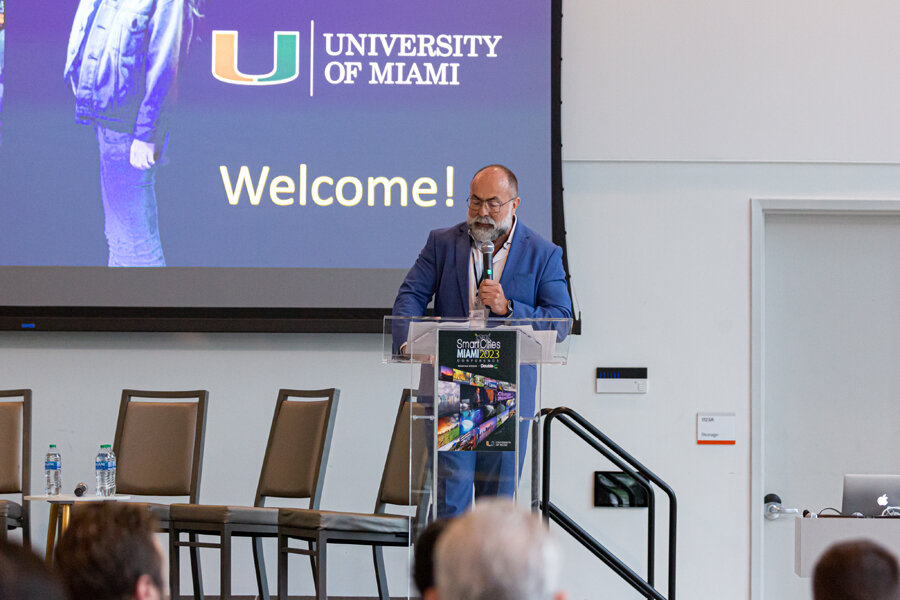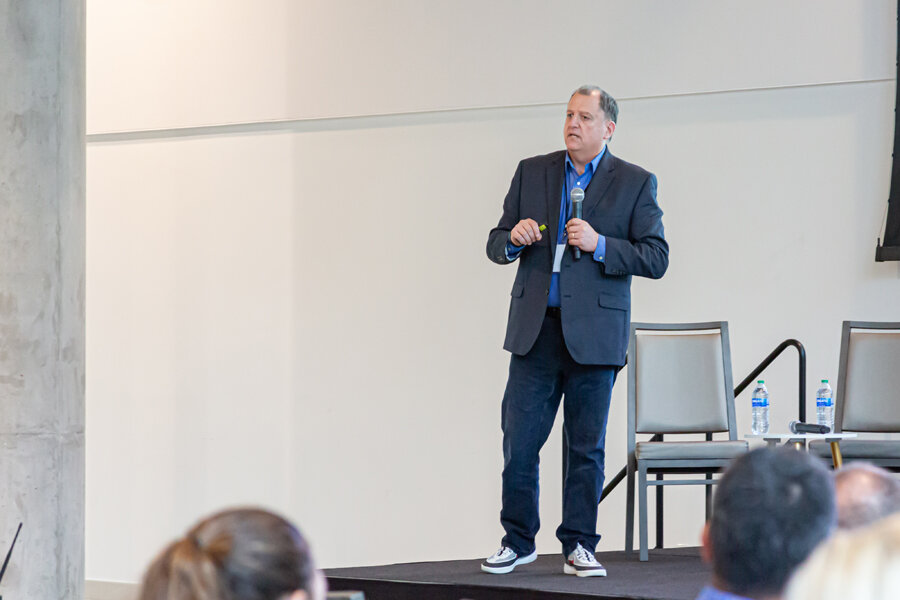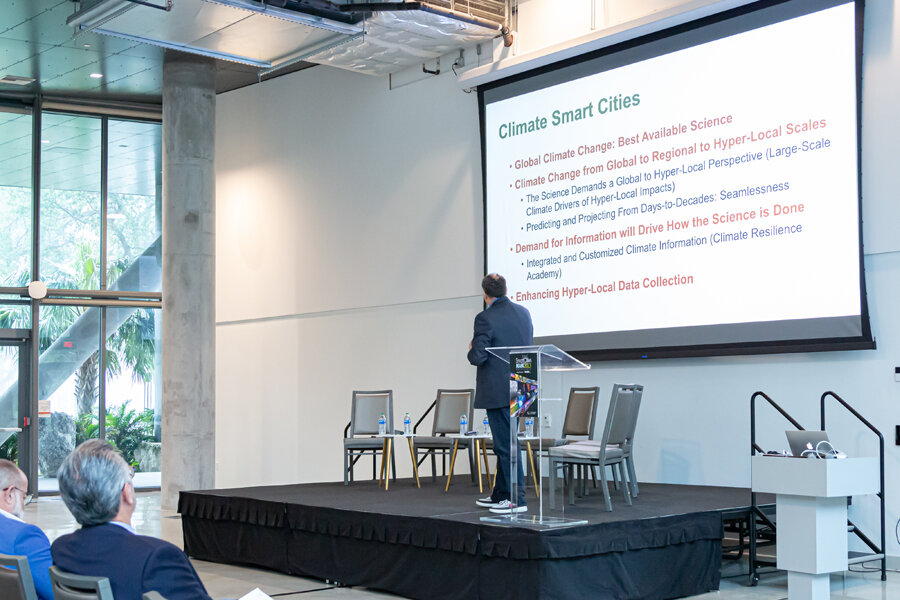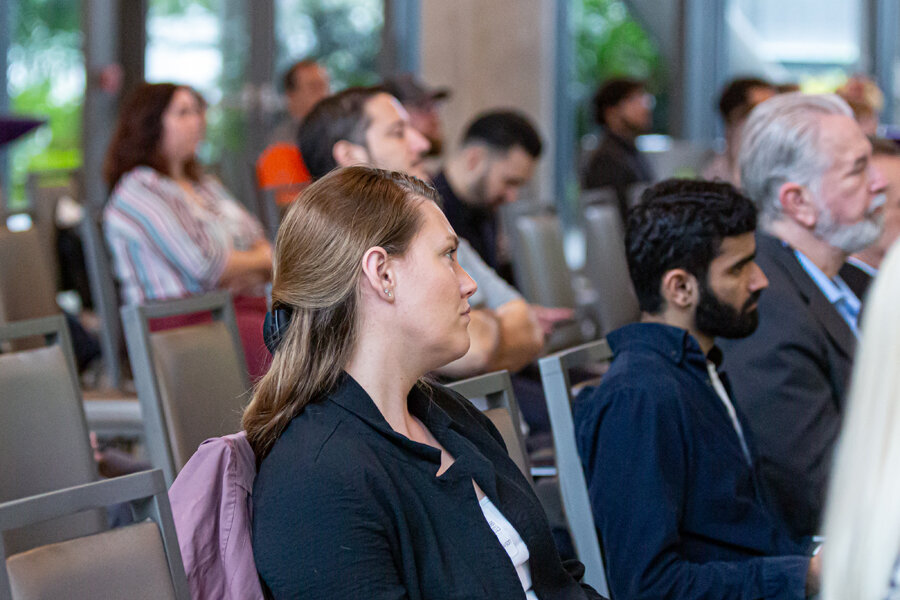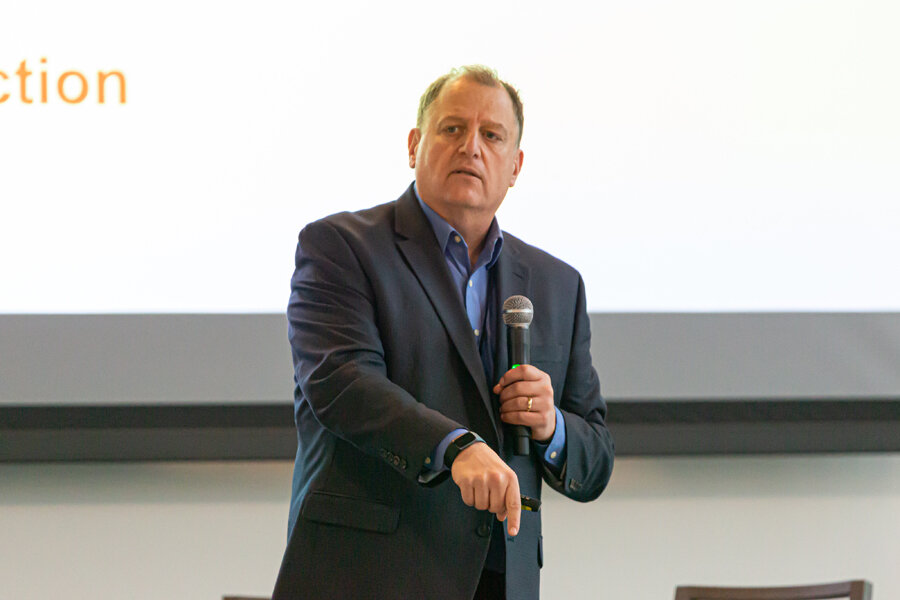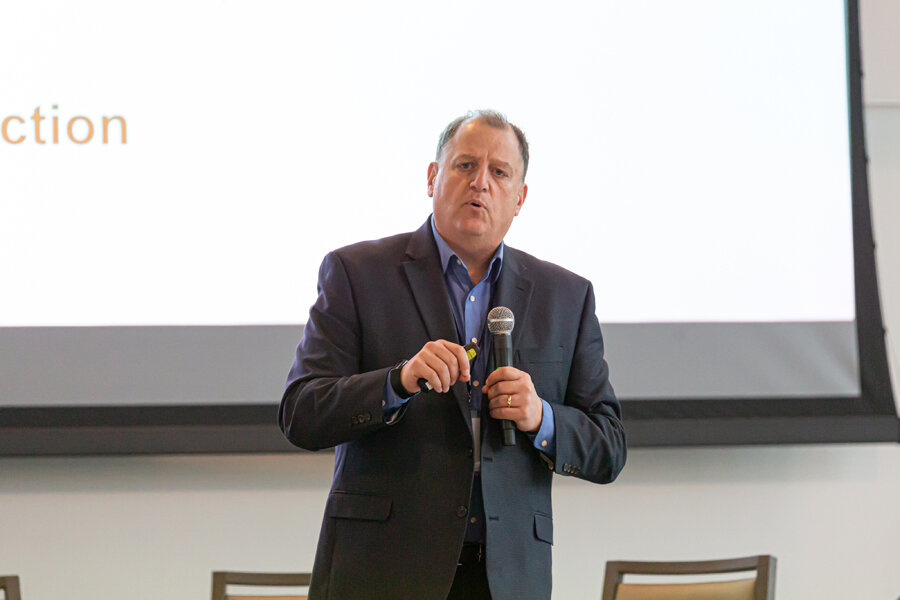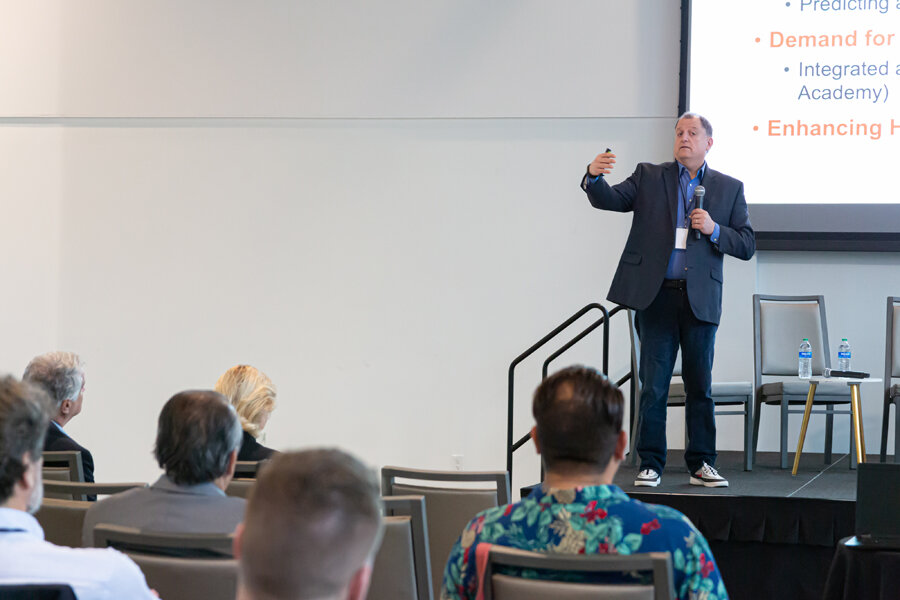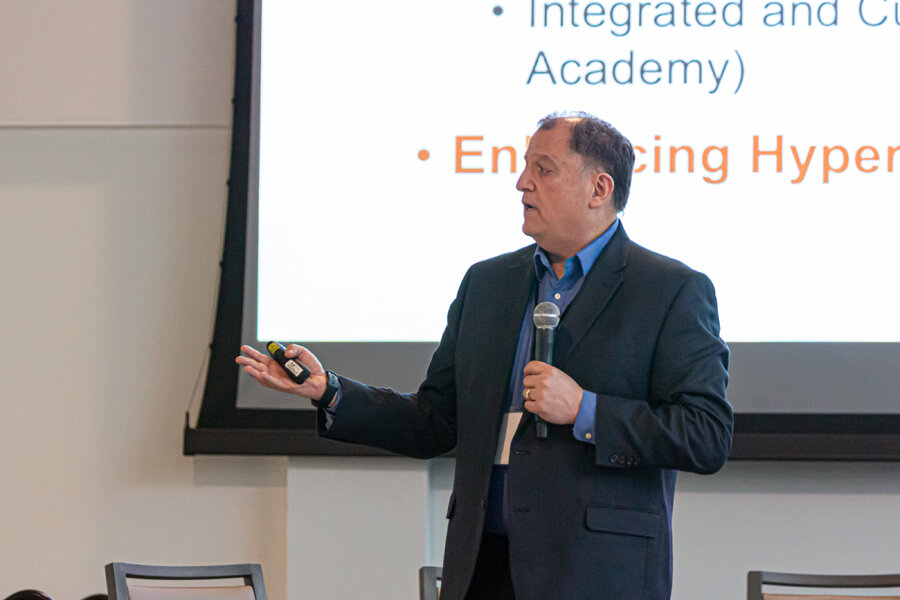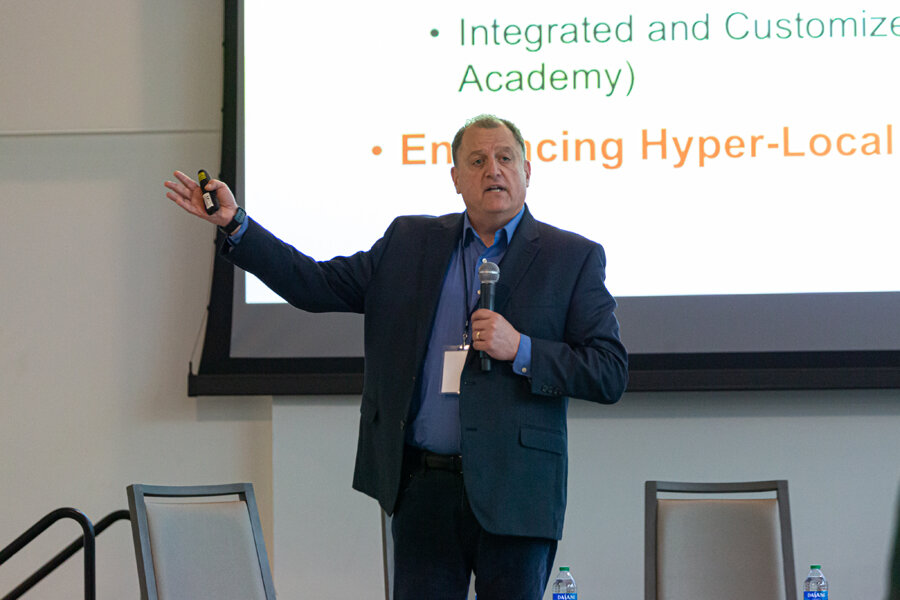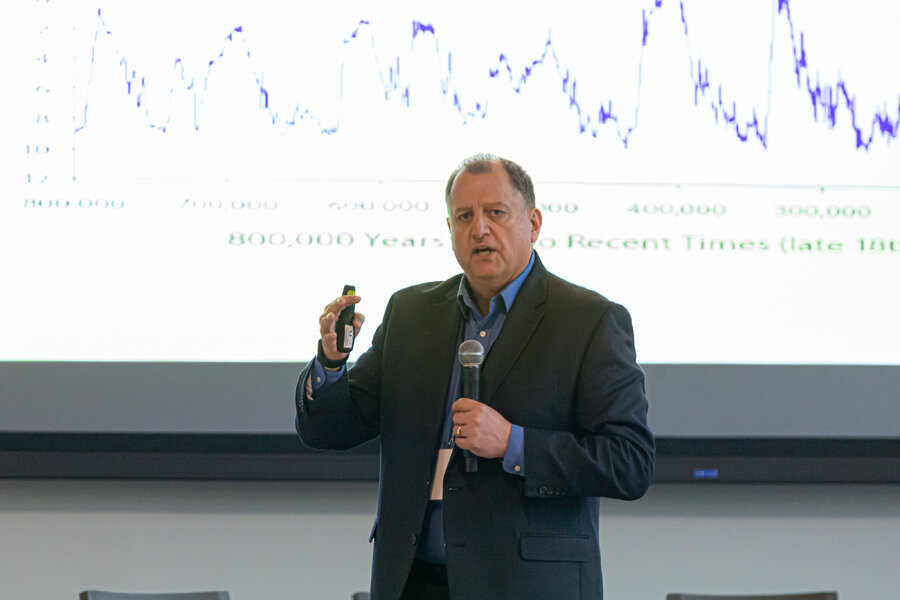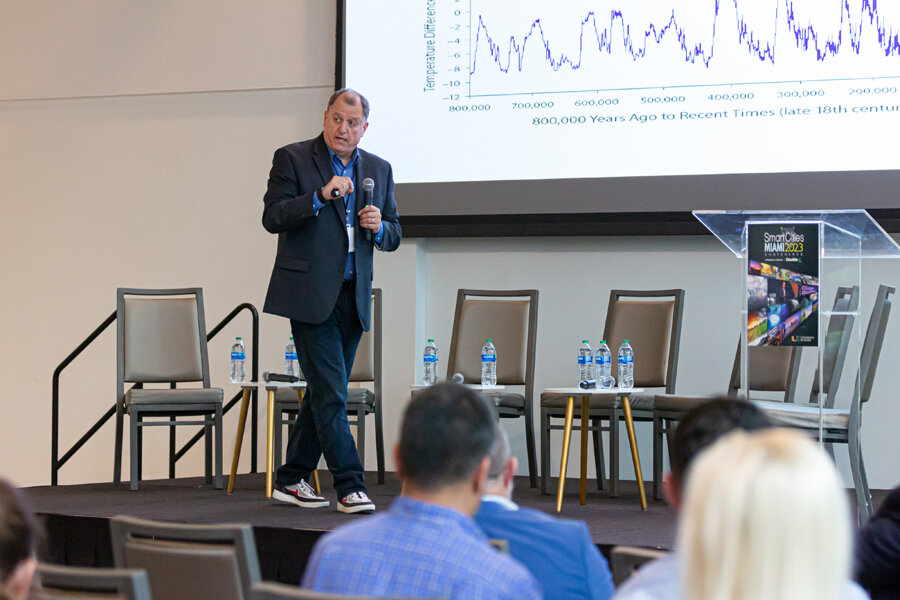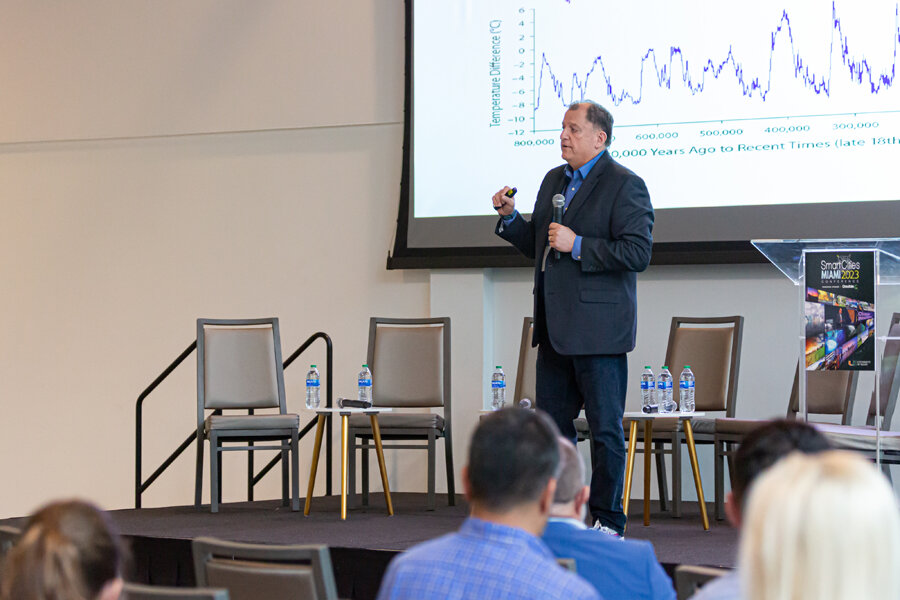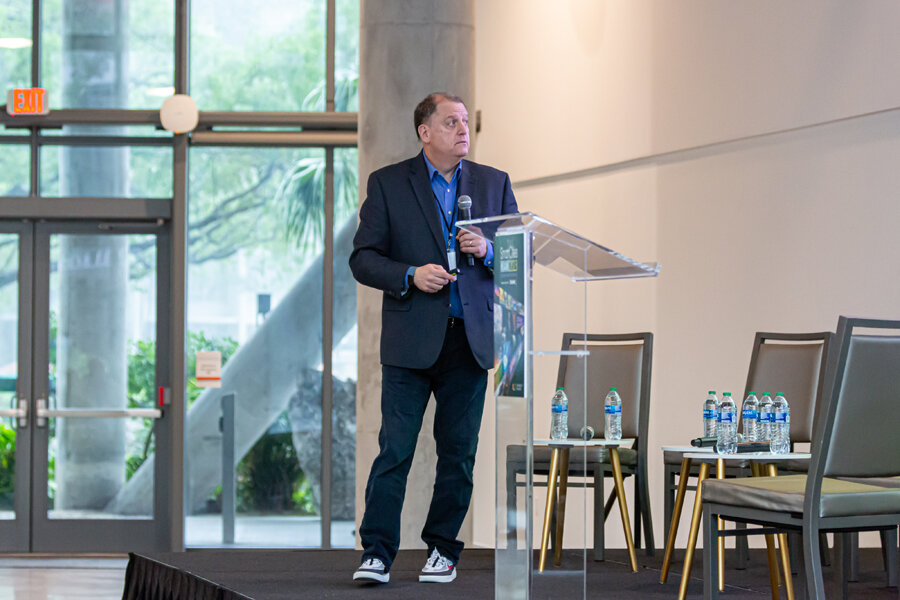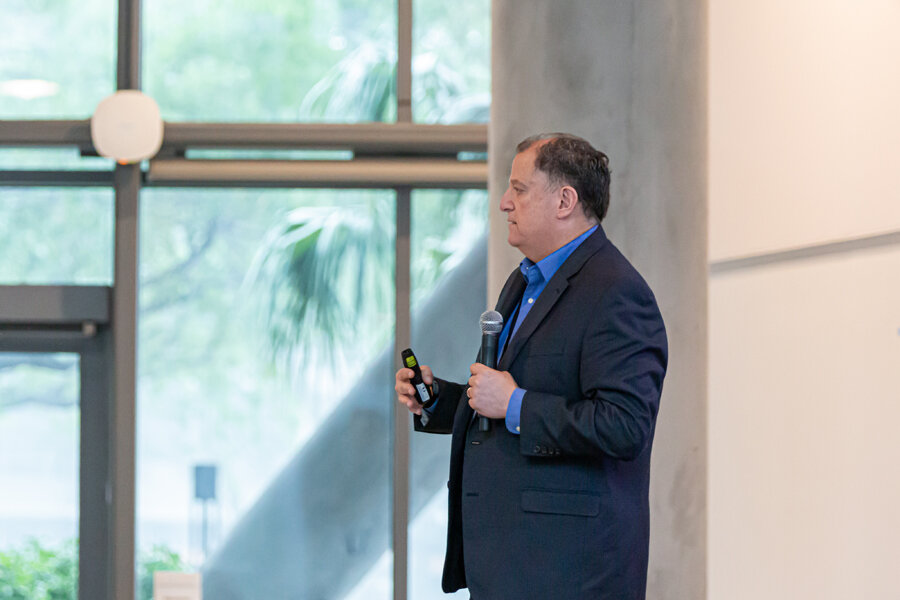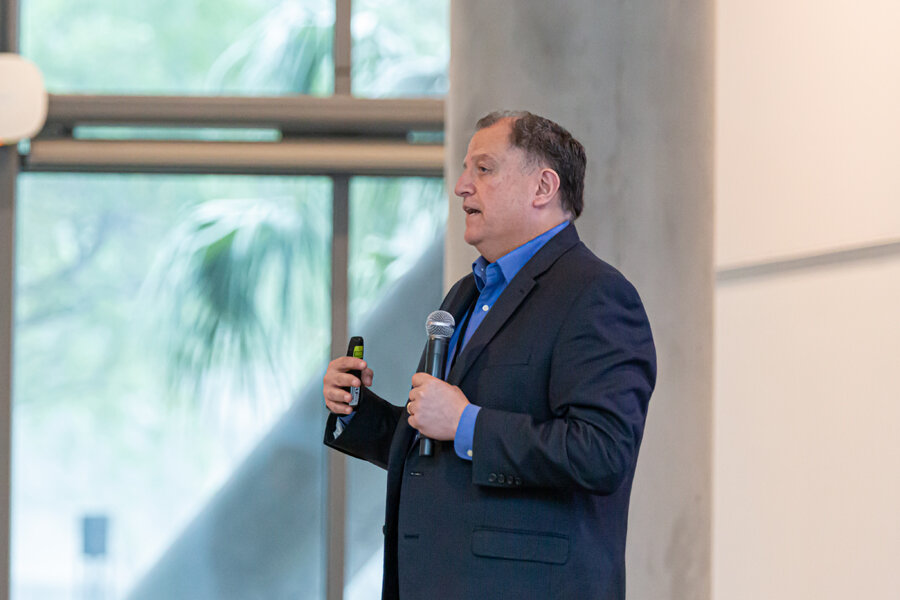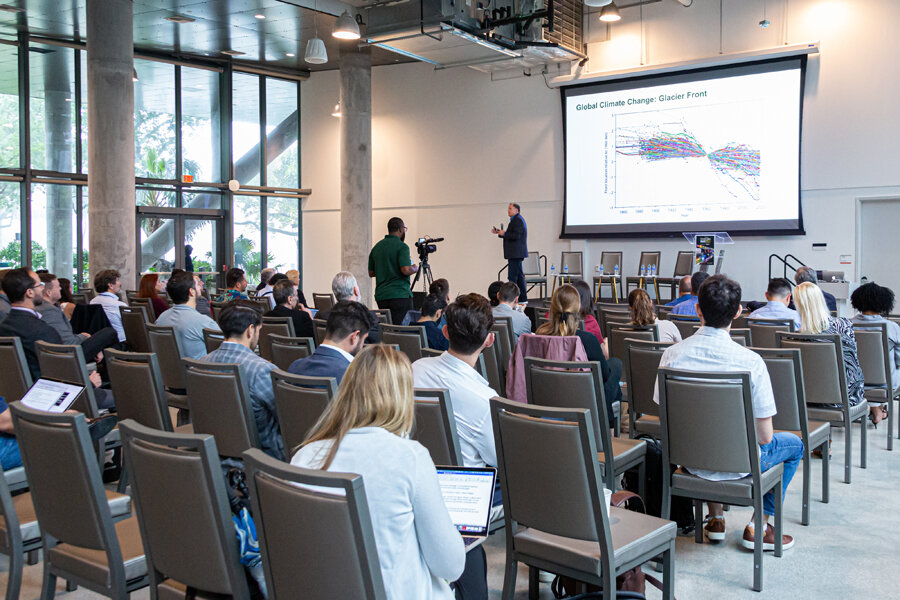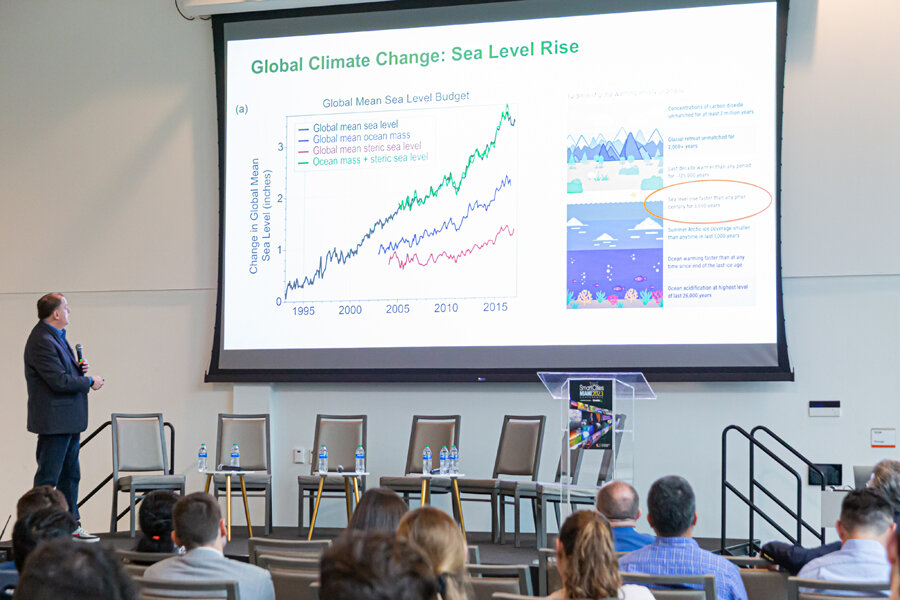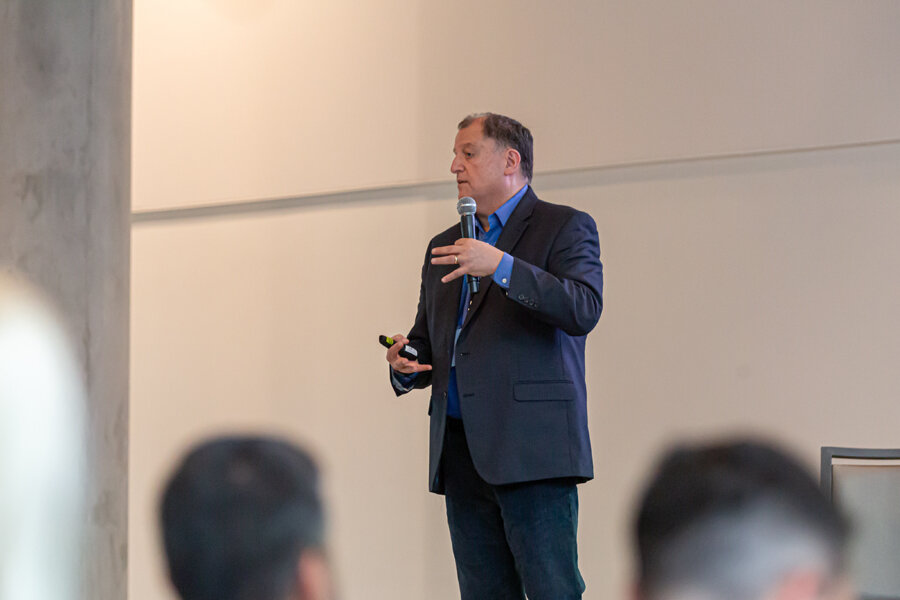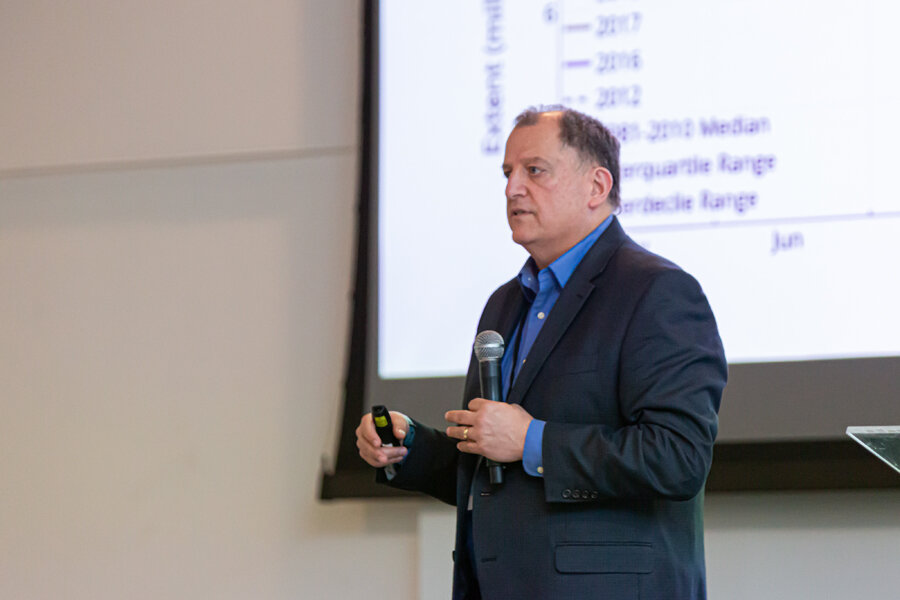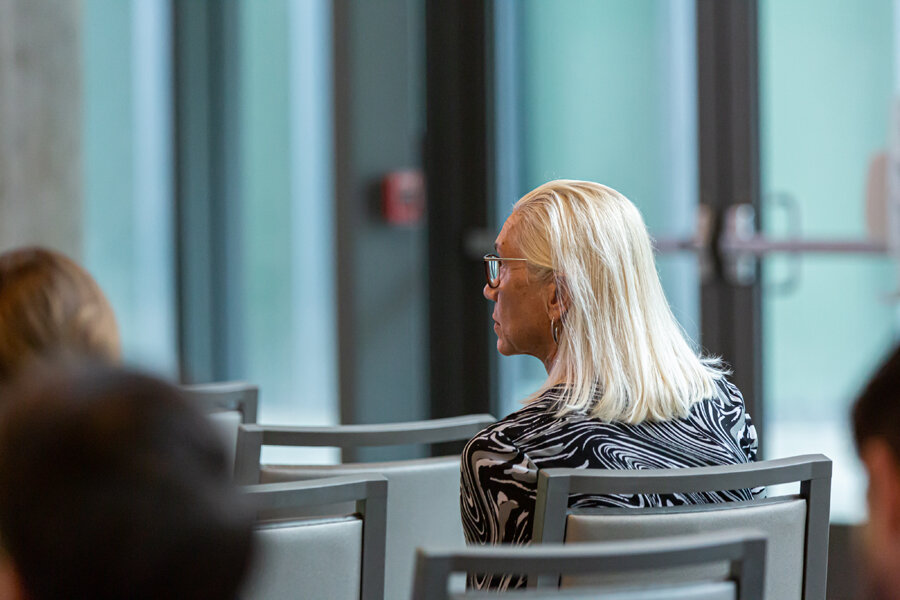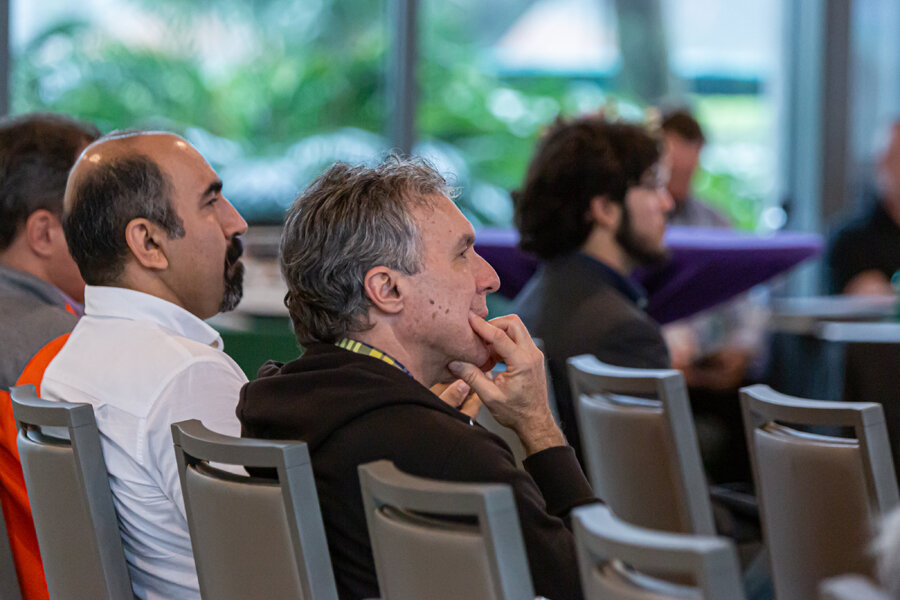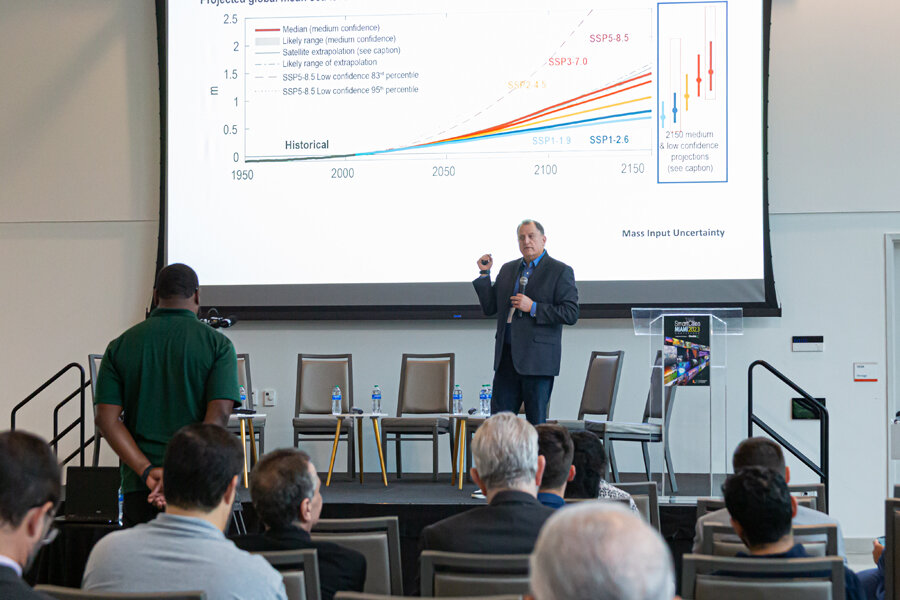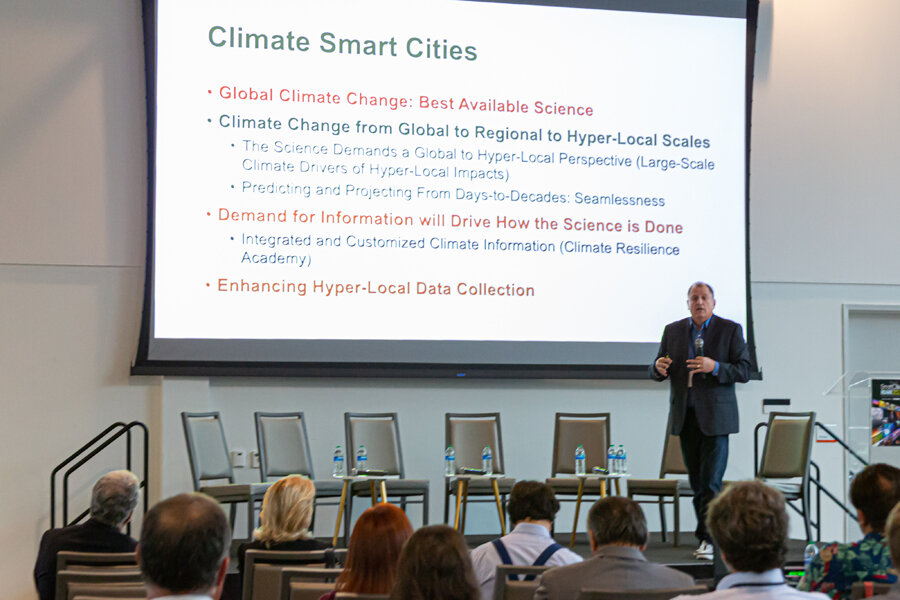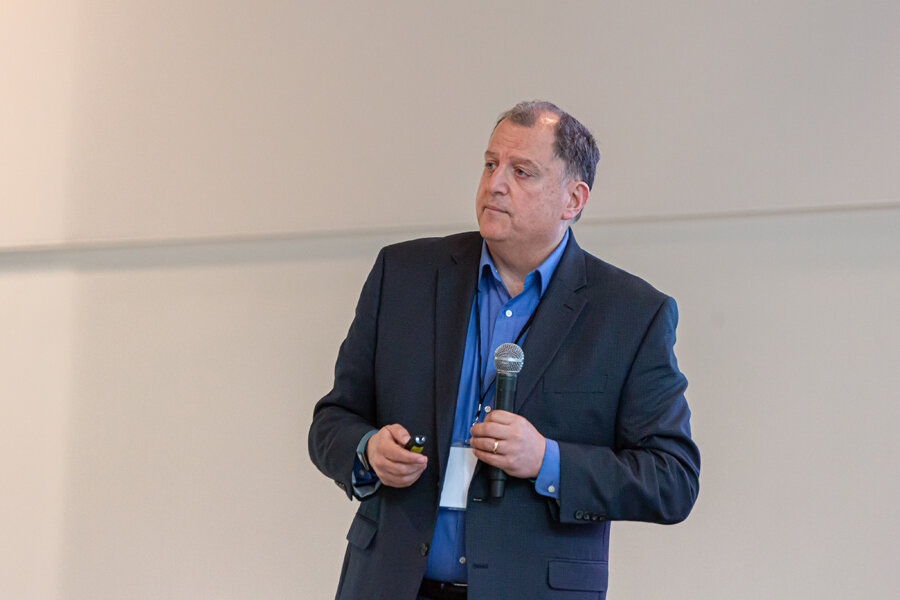
Smart-Cities-MIAMI-2023-03302023 DC JAbreu 0001 (1)

Smart-Cities-MIAMI-2023-03302023 DC JAbreu 0001 (2)

Smart-Cities-MIAMI-2023-03302023 DC JAbreu 0001 (3)

Smart-Cities-MIAMI-2023-03302023 DC JAbreu 0001 (4)

Smart-Cities-MIAMI-2023-03302023 DC JAbreu 0001 (5)

Smart-Cities-MIAMI-2023-03302023 DC JAbreu 0001 (6)

Smart-Cities-MIAMI-2023-03302023 DC JAbreu 0001 (7)

Smart-Cities-MIAMI-2023-03302023 DC JAbreu 0001 (8)

Smart-Cities-MIAMI-2023-03302023 DC JAbreu 0001 (9)

Smart-Cities-MIAMI-2023-03302023 DC JAbreu 0001 (10)

Smart-Cities-MIAMI-2023-03302023 DC JAbreu 0001 (11)

Smart-Cities-MIAMI-2023-03302023 DC JAbreu 0001 (12)

Smart-Cities-MIAMI-2023-03302023 DC JAbreu 0001 (13)

Smart-Cities-MIAMI-2023-03302023 DC JAbreu 0001 (14)

Smart-Cities-MIAMI-2023-03302023 DC JAbreu 0001 (15)

Smart-Cities-MIAMI-2023-03302023 DC JAbreu 0001 (16)

Smart-Cities-MIAMI-2023-03302023 DC JAbreu 0001 (17)

Smart-Cities-MIAMI-2023-03302023 DC JAbreu 0001 (18)

Smart-Cities-MIAMI-2023-03302023 DC JAbreu 0001 (19)

Smart-Cities-MIAMI-2023-03302023 DC JAbreu 0001 (20)

Smart-Cities-MIAMI-2023-03302023 DC JAbreu 0001 (21)

Smart-Cities-MIAMI-2023-03302023 DC JAbreu 0001 (22)

Smart-Cities-MIAMI-2023-03302023 DC JAbreu 0001 (23)

Smart-Cities-MIAMI-2023-03302023 DC JAbreu 0001 (24)

Smart-Cities-MIAMI-2023-03302023 DC JAbreu 0001 (25)

Smart-Cities-MIAMI-2023-03302023 DC JAbreu 0001 (26)

Smart-Cities-MIAMI-2023-03302023 DC JAbreu 0001 (27)

Smart-Cities-MIAMI-2023-03302023 DC JAbreu 0001 (28)

Smart-Cities-MIAMI-2023-03302023 DC JAbreu 0001 (29)

Smart-Cities-MIAMI-2023-03302023 DC JAbreu 0001 (30)

Smart-Cities-MIAMI-2023-03302023 DC JAbreu 0001 (31)

Smart-Cities-MIAMI-2023-03302023 DC JAbreu 0001 (32)

Smart-Cities-MIAMI-2023-03302023 DC JAbreu 0001 (33)

Smart-Cities-MIAMI-2023-03302023 DC JAbreu 0001 (34)

Smart-Cities-MIAMI-2023-03302023 DC JAbreu 0001 (35)

Smart-Cities-MIAMI-2023-03302023 DC JAbreu 0001 (36)

Smart-Cities-MIAMI-2023-03302023 DC JAbreu 0001 (37)

Smart-Cities-MIAMI-2023-03302023 DC JAbreu 0001 (38)

Smart-Cities-MIAMI-2023-03302023 DC JAbreu 0001 (39)

Smart-Cities-MIAMI-2023-03302023 DC JAbreu 0001 (40)

Smart-Cities-MIAMI-2023-03302023 DC JAbreu 0001 (41)

Smart-Cities-MIAMI-2023-03302023 DC JAbreu 0001 (42)

Smart-Cities-MIAMI-2023-03302023 DC JAbreu 0001 (43)

Smart-Cities-MIAMI-2023-03302023 DC JAbreu 0001 (44)

Smart-Cities-MIAMI-2023-03302023 DC JAbreu 0001 (45)

Smart-Cities-MIAMI-2023-03302023 DC JAbreu 0001 (46)

Smart-Cities-MIAMI-2023-03302023 DC JAbreu 0001 (47)

Smart-Cities-MIAMI-2023-03302023 DC JAbreu 0001 (48)

Smart-Cities-MIAMI-2023-03302023 DC JAbreu 0001 (49)

Smart-Cities-MIAMI-2023-03302023 DC JAbreu 0001 (50)

Smart-Cities-MIAMI-2023-03302023 DC JAbreu 0001 (51)

Smart-Cities-MIAMI-2023-03302023 DC JAbreu 0001 (52)

Smart-Cities-MIAMI-2023-03302023 DC JAbreu 0001 (53)

Smart-Cities-MIAMI-2023-03302023 DC JAbreu 0001 (54)

Smart-Cities-MIAMI-2023-03302023 DC JAbreu 0001 (55)

Smart-Cities-MIAMI-2023-03302023 DC JAbreu 0001 (56)

Smart-Cities-MIAMI-2023-03302023 DC JAbreu 0001 (57)

Smart-Cities-MIAMI-2023-03302023 DC JAbreu 0001 (58)

Smart-Cities-MIAMI-2023-03302023 DC JAbreu 0001 (59)

Smart-Cities-MIAMI-2023-03302023 DC JAbreu 0001 (60)

Smart-Cities-MIAMI-2023-03302023 DC JAbreu 0001 (61)

Smart-Cities-MIAMI-2023-03302023 DC JAbreu 0001 (62)

Smart-Cities-MIAMI-2023-03302023 DC JAbreu 0001 (63)

Smart-Cities-MIAMI-2023-03302023 DC JAbreu 0001 (64)

Smart-Cities-MIAMI-2023-03302023 DC JAbreu 0001 (65)

Smart-Cities-MIAMI-2023-03302023 DC JAbreu 0001 (66)

Smart-Cities-MIAMI-2023-03302023 DC JAbreu 0001 (67)

Smart-Cities-MIAMI-2023-03302023 DC JAbreu 0001 (68)

Smart-Cities-MIAMI-2023-03302023 DC JAbreu 0001 (69)

Smart-Cities-MIAMI-2023-03302023 DC JAbreu 0001 (70)

Smart-Cities-MIAMI-2023-03302023 DC JAbreu 0001 (71)

Smart-Cities-MIAMI-2023-03302023 DC JAbreu 0001 (72)

Smart-Cities-MIAMI-2023-03302023 DC JAbreu 0001 (73)

Smart-Cities-MIAMI-2023-03302023 DC JAbreu 0001 (74)

Smart-Cities-MIAMI-2023-03302023 DC JAbreu 0001 (75)

Smart-Cities-MIAMI-2023-03302023 DC JAbreu 0001 (76)

Smart-Cities-MIAMI-2023-03302023 DC JAbreu 0001 (77)

Smart-Cities-MIAMI-2023-03302023 DC JAbreu 0001 (78)

Smart-Cities-MIAMI-2023-03302023 DC JAbreu 0001 (79)

Smart-Cities-MIAMI-2023-03302023 DC JAbreu 0001 (80)

Smart-Cities-MIAMI-2023-03302023 DC JAbreu 0001 (81)

Smart-Cities-MIAMI-2023-03302023 DC JAbreu 0001 (82)

Smart-Cities-MIAMI-2023-03302023 DC JAbreu 0001 (83)

Smart-Cities-MIAMI-2023-03302023 DC JAbreu 0001 (84)

Smart-Cities-MIAMI-2023-03302023 DC JAbreu 0001 (85)

Smart-Cities-MIAMI-2023-03302023 DC JAbreu 0001 (86)

Smart-Cities-MIAMI-2023-03302023 DC JAbreu 0001 (87)

Smart-Cities-MIAMI-2023-03302023 DC JAbreu 0001 (88)

Smart-Cities-MIAMI-2023-03302023 DC JAbreu 0001 (89)

Smart-Cities-MIAMI-2023-03302023 DC JAbreu 0001 (90)

Smart-Cities-MIAMI-2023-03302023 DC JAbreu 0001 (91)

Smart-Cities-MIAMI-2023-03302023 DC JAbreu 0001 (92)

Smart-Cities-MIAMI-2023-03302023 DC JAbreu 0001 (93)

Smart-Cities-MIAMI-2023-03302023 DC JAbreu 0001 (94)

Smart-Cities-MIAMI-2023-03302023 DC JAbreu 0001 (95)

Smart-Cities-MIAMI-2023-03302023 DC JAbreu 0001 (96)

Smart-Cities-MIAMI-2023-03302023 DC JAbreu 0001 (97)

Smart-Cities-MIAMI-2023-03302023 DC JAbreu 0001 (98)

Smart-Cities-MIAMI-2023-03302023 DC JAbreu 0001 (99)

Smart-Cities-MIAMI-2023-03302023 DC JAbreu 0001 (100)

Smart-Cities-MIAMI-2023-03302023 DC JAbreu 0001 (101)

Smart-Cities-MIAMI-2023-03302023 DC JAbreu 0001 (102)

Smart-Cities-MIAMI-2023-03302023 DC JAbreu 0001 (103)

Smart-Cities-MIAMI-2023-03302023 DC JAbreu 0001 (104)

Smart-Cities-MIAMI-2023-03302023 DC JAbreu 0001 (105)

Smart-Cities-MIAMI-2023-03302023 DC JAbreu 0001 (106)

Smart-Cities-MIAMI-2023-03302023 DC JAbreu 0001 (107)

Smart-Cities-MIAMI-2023-03302023 DC JAbreu 0001 (108)

Smart-Cities-MIAMI-2023-03302023 DC JAbreu 0001 (109)

Smart-Cities-MIAMI-2023-03302023 DC JAbreu 0001 (110)

Smart-Cities-MIAMI-2023-03302023 DC JAbreu 0001 (111)

Smart-Cities-MIAMI-2023-03302023 DC JAbreu 0001 (112)

Smart-Cities-MIAMI-2023-03302023 DC JAbreu 0001 (113)

Smart-Cities-MIAMI-2023-03302023 DC JAbreu 0001 (114)

Smart-Cities-MIAMI-2023-03302023 DC JAbreu 0001 (115)

Smart-Cities-MIAMI-2023-03302023 DC JAbreu 0001 (116)

Smart-Cities-MIAMI-2023-03302023 DC JAbreu 0001 (117)

Smart-Cities-MIAMI-2023-03302023 DC JAbreu 0001 (118)

Smart-Cities-MIAMI-2023-03302023 DC JAbreu 0001 (119)

Smart-Cities-MIAMI-2023-03302023 DC JAbreu 0001 (120)

Smart-Cities-MIAMI-2023-03302023 DC JAbreu 0001 (121)

Smart-Cities-MIAMI-2023-03302023 DC JAbreu 0001 (122)

Smart-Cities-MIAMI-2023-03302023 DC JAbreu 0001 (123)

Smart-Cities-MIAMI-2023-03302023 DC JAbreu 0001 (124)

Smart-Cities-MIAMI-2023-03302023 DC JAbreu 0001 (125)

Smart-Cities-MIAMI-2023-03302023 DC JAbreu 0001 (126)

Smart-Cities-MIAMI-2023-03302023 DC JAbreu 0001 (127)

Smart-Cities-MIAMI-2023-03302023 DC JAbreu 0001 (128)

Smart-Cities-MIAMI-2023-03302023 DC JAbreu 0001 (129)

Smart-Cities-MIAMI-2023-03302023 DC JAbreu 0001 (130)

Smart-Cities-MIAMI-2023-03302023 DC JAbreu 0001 (131)

Smart-Cities-MIAMI-2023-03302023 DC JAbreu 0001 (132)

Smart-Cities-MIAMI-2023-03302023 DC JAbreu 0001 (133)

Smart-Cities-MIAMI-2023-03302023 DC JAbreu 0001 (134)

Smart-Cities-MIAMI-2023-03302023 DC JAbreu 0001 (135)

Smart-Cities-MIAMI-2023-03302023 DC JAbreu 0001 (136)

Smart-Cities-MIAMI-2023-03302023 DC JAbreu 0001 (137)

Smart-Cities-MIAMI-2023-03302023 DC JAbreu 0001 (138)

Smart-Cities-MIAMI-2023-03302023 DC JAbreu 0001 (139)

Smart-Cities-MIAMI-2023-03302023 DC JAbreu 0001 (140)

Smart-Cities-MIAMI-2023-03302023 DC JAbreu 0001 (141)

Smart-Cities-MIAMI-2023-03302023 DC JAbreu 0001 (142)

Smart-Cities-MIAMI-2023-03302023 DC JAbreu 0001 (143)

Smart-Cities-MIAMI-2023-03302023 DC JAbreu 0001 (144)

Smart-Cities-MIAMI-2023-03302023 DC JAbreu 0001 (145)

Smart-Cities-MIAMI-2023-03302023 DC JAbreu 0001 (146)

Smart-Cities-MIAMI-2023-03302023 DC JAbreu 0001 (147)

Smart-Cities-MIAMI-2023-03302023 DC JAbreu 0001 (148)

Smart-Cities-MIAMI-2023-03302023 DC JAbreu 0001 (149)

Smart-Cities-MIAMI-2023-03302023 DC JAbreu 0001 (150)

Smart-Cities-MIAMI-2023-03302023 DC JAbreu 0005 (149)

Smart-Cities-MIAMI-2023-03302023 DC JAbreu 0005 (150)

Smart-Cities-MIAMI-2023-03302023 DC JAbreu 0005 (151)

Smart-Cities-MIAMI-2023-03302023 DC JAbreu 0005 (152)

Smart-Cities-MIAMI-2023-03302023 DC JAbreu 0005 (153)

Smart-Cities-MIAMI-2023-03302023 DC JAbreu 0005 (154)

Smart-Cities-MIAMI-2023-03302023 DC JAbreu 0005 (155)

Smart-Cities-MIAMI-2023-03302023 DC JAbreu 0005 (156)

Smart-Cities-MIAMI-2023-03302023 DC JAbreu 0005 (157)

Smart-Cities-MIAMI-2023-03302023 DC JAbreu 0005 (158)

Smart-Cities-MIAMI-2023-03302023 DC JAbreu 0005 (159)

Smart-Cities-MIAMI-2023-03302023 DC JAbreu 0005 (160)

Smart-Cities-MIAMI-2023-03302023 DC JAbreu 0005 (161)

Smart-Cities-MIAMI-2023-03302023 DC JAbreu 0005 (162)

Smart-Cities-MIAMI-2023-03302023 DC JAbreu 0005 (163)

Smart-Cities-MIAMI-2023-03302023 DC JAbreu 0005 (164)

Smart-Cities-MIAMI-2023-03302023 DC JAbreu 0005 (165)

Smart-Cities-MIAMI-2023-03302023 DC JAbreu 0005 (166)

Smart-Cities-MIAMI-2023-03302023 DC JAbreu 0005 (167)

Smart-Cities-MIAMI-2023-03302023 DC JAbreu 0005 (168)

Smart-Cities-MIAMI-2023-03302023 DC JAbreu 0005 (169)

Smart-Cities-MIAMI-2023-03302023 DC JAbreu 0005 (170)

Smart-Cities-MIAMI-2023-03302023 DC JAbreu 0005 (171)

Smart-Cities-MIAMI-2023-03302023 DC JAbreu 0005 (172)

Smart-Cities-MIAMI-2023-03302023 DC JAbreu 0005 (173)

Smart-Cities-MIAMI-2023-03302023 DC JAbreu 0005 (174)

Smart-Cities-MIAMI-2023-03302023 DC JAbreu 0005 (175)

Smart-Cities-MIAMI-2023-03302023 DC JAbreu 0005 (176)

Smart-Cities-MIAMI-2023-03302023 DC JAbreu 0005 (177)

Smart-Cities-MIAMI-2023-03302023 DC JAbreu 0005 (178)

Smart-Cities-MIAMI-2023-03302023 DC JAbreu 0005 (179)

Smart-Cities-MIAMI-2023-03302023 DC JAbreu 0005 (180)

Smart-Cities-MIAMI-2023-03302023 DC JAbreu 0005 (181)

Smart-Cities-MIAMI-2023-03302023 DC JAbreu 0005 (182)

Smart-Cities-MIAMI-2023-03302023 DC JAbreu 0005 (183)

Smart-Cities-MIAMI-2023-03302023 DC JAbreu 0005 (184)

Smart-Cities-MIAMI-2023-03302023 DC JAbreu 0005 (185)

Smart-Cities-MIAMI-2023-03302023 DC JAbreu 0005 (186)

Smart-Cities-MIAMI-2023-03302023 DC JAbreu 0005 (187)

Smart-Cities-MIAMI-2023-03302023 DC JAbreu 0005 (188)

Smart-Cities-MIAMI-2023-03302023 DC JAbreu 0005 (189)

Smart-Cities-MIAMI-2023-03302023 DC JAbreu 0005 (190)

Smart-Cities-MIAMI-2023-03302023 DC JAbreu 0005 (191)

Smart-Cities-MIAMI-2023-03302023 DC JAbreu 0005 (192)

Smart-Cities-MIAMI-2023-03302023 DC JAbreu 0005 (193)

Smart-Cities-MIAMI-2023-03302023 DC JAbreu 0005 (194)

Smart-Cities-MIAMI-2023-03302023 DC JAbreu 0005 (195)

Smart-Cities-MIAMI-2023-03302023 DC JAbreu 0005 (196)

Smart-Cities-MIAMI-2023-03302023 DC JAbreu 0005 (197)

Smart-Cities-MIAMI-2023-03302023 DC JAbreu 0005 (198)

Smart-Cities-MIAMI-2023-03302023 DC JAbreu 0005 (199)

Smart-Cities-MIAMI-2023-03302023 DC JAbreu 0005 (200)

Smart-Cities-MIAMI-2023-03302023 DC JAbreu 0005 (201)

Smart-Cities-MIAMI-2023-03302023 DC JAbreu 0005 (202)

Smart-Cities-MIAMI-2023-03302023 DC JAbreu 0005 (203)

Smart-Cities-MIAMI-2023-03302023 DC JAbreu 0005 (204)

Smart-Cities-MIAMI-2023-03302023 DC JAbreu 0005 (205)

Smart-Cities-MIAMI-2023-03302023 DC JAbreu 0005 (206)

Smart-Cities-MIAMI-2023-03302023 DC JAbreu 0005 (207)

Smart-Cities-MIAMI-2023-03302023 DC JAbreu 0005 (208)

Smart-Cities-MIAMI-2023-03302023 DC JAbreu 0005 (209)

Smart-Cities-MIAMI-2023-03302023 DC JAbreu 0005 (210)

Smart-Cities-MIAMI-2023-03302023 DC JAbreu 0005 (211)

Smart-Cities-MIAMI-2023-03302023 DC JAbreu 0005 (212)

Smart-Cities-MIAMI-2023-03302023 DC JAbreu 0005 (213)

Smart-Cities-MIAMI-2023-03302023 DC JAbreu 0005 (214)

Smart-Cities-MIAMI-2023-03302023 DC JAbreu 0005 (215)

Smart-Cities-MIAMI-2023-03302023 DC JAbreu 0005 (216)

Smart-Cities-MIAMI-2023-03302023 DC JAbreu 0005 (217)

Smart-Cities-MIAMI-2023-03302023 DC JAbreu 0005 (218)

Smart-Cities-MIAMI-2023-03302023 DC JAbreu 0005 (219)

Smart-Cities-MIAMI-2023-03302023 DC JAbreu 0005 (220)

Smart-Cities-MIAMI-2023-03302023 DC JAbreu 0005 (221)

Smart-Cities-MIAMI-2023-03302023 DC JAbreu 0005 (222)

Smart-Cities-MIAMI-2023-03302023 DC JAbreu 0005 (223)

Smart-Cities-MIAMI-2023-03302023 DC JAbreu 0005 (224)

Smart-Cities-MIAMI-2023-03302023 DC JAbreu 0005 (225)

Smart-Cities-MIAMI-2023-03302023 DC JAbreu 0005 (226)

Smart-Cities-MIAMI-2023-03302023 DC JAbreu 0005 (227)

Smart-Cities-MIAMI-2023-03302023 DC JAbreu 0005 (228)

Smart-Cities-MIAMI-2023-03302023 DC JAbreu 0005 (229)

Smart-Cities-MIAMI-2023-03302023 DC JAbreu 0005 (230)

Smart-Cities-MIAMI-2023-03302023 DC JAbreu 0005 (231)

Smart-Cities-MIAMI-2023-03302023 DC JAbreu 0005 (232)

Smart-Cities-MIAMI-2023-03302023 DC JAbreu 0005 (233)

Smart-Cities-MIAMI-2023-03302023 DC JAbreu 0005 (234)

Smart-Cities-MIAMI-2023-03302023 DC JAbreu 0005 (235)

Smart-Cities-MIAMI-2023-03302023 DC JAbreu 0005 (236)

Smart-Cities-MIAMI-2023-03302023 DC JAbreu 0005 (237)

Smart-Cities-MIAMI-2023-03302023 DC JAbreu 0005 (238)

Smart-Cities-MIAMI-2023-03302023 DC JAbreu 0005 (239)

Smart-Cities-MIAMI-2023-03302023 DC JAbreu 0005 (240)

Smart-Cities-MIAMI-2023-03302023 DC JAbreu 0005 (241)

Smart-Cities-MIAMI-2023-03302023 DC JAbreu 0005 (242)

Smart-Cities-MIAMI-2023-03302023 DC JAbreu 0005 (243)

Smart-Cities-MIAMI-2023-03302023 DC JAbreu 0005 (244)

Smart-Cities-MIAMI-2023-03302023 DC JAbreu 0005 (245)

Smart-Cities-MIAMI-2023-03302023 DC JAbreu 0005 (246)

Smart-Cities-MIAMI-2023-03302023 DC JAbreu 0005 (247)

Smart-Cities-MIAMI-2023-03302023 DC JAbreu 0005 (248)

 The two-day Conference featured lectures and panel discussions with experts in academia, government, and private industry who focus on climate resilience, primarily in the fields of architecture, engineering, and climate science. Most discussions explored how technology can help cities and counties improve their efficiency in the face of climate impacts, including a keynote address from Ben Kirtman, a climate scientist and professor of atmospheric science at the Rosenstiel School of Marine, Atmospheric, and Earth Science. Although Day 1 brought a downpour, it did not dampen enthusiasm of those who got a little drenched in getting there.
The two-day Conference featured lectures and panel discussions with experts in academia, government, and private industry who focus on climate resilience, primarily in the fields of architecture, engineering, and climate science. Most discussions explored how technology can help cities and counties improve their efficiency in the face of climate impacts, including a keynote address from Ben Kirtman, a climate scientist and professor of atmospheric science at the Rosenstiel School of Marine, Atmospheric, and Earth Science. Although Day 1 brought a downpour, it did not dampen enthusiasm of those who got a little drenched in getting there. “We need real-time information to prepare for all types of catastrophic events,” said Yesha, who created the National Science Foundation Center for Accelerated Real-Time Analytics six years ago. “Every crisis is an opportunity, and it’s our opportunity at the University of Miami to adapt to this environment and take it to the next level of computing.”
“We need real-time information to prepare for all types of catastrophic events,” said Yesha, who created the National Science Foundation Center for Accelerated Real-Time Analytics six years ago. “Every crisis is an opportunity, and it’s our opportunity at the University of Miami to adapt to this environment and take it to the next level of computing.”
 On Friday, Andrew Kudless, the Bill Kendall Memorial Endowed Professor at the University of Houston and the director of the construction robotics and fabrication technologies lab, delivered the closing keynote speech. His address, titled “Five Points of Architecture and AI,” focused on the early design phase and how technology is affecting that. The five points Kudless discussed were: the challenging of bias; the cultivation of sensibility; the crisis of labor; the redefinition of authorship; and the freedom of incoherence. He explained how his personal approach to his design process has evolved as more and more artificial intelligent technologies become widely available.
On Friday, Andrew Kudless, the Bill Kendall Memorial Endowed Professor at the University of Houston and the director of the construction robotics and fabrication technologies lab, delivered the closing keynote speech. His address, titled “Five Points of Architecture and AI,” focused on the early design phase and how technology is affecting that. The five points Kudless discussed were: the challenging of bias; the cultivation of sensibility; the crisis of labor; the redefinition of authorship; and the freedom of incoherence. He explained how his personal approach to his design process has evolved as more and more artificial intelligent technologies become widely available.


